A shower is an essential part of our daily routine, and a well-functioning shower system is crucial for a comfortable and enjoyable shower experience. However, like any other household appliance, shower systems can wear out over time and require maintenance or replacement. In this article, we will discuss the best ways to make your shower system last longer, saving you time and money in the long run.
Understanding Your Shower System
Before we dive into the tips for extending the lifespan of your shower system, it's essential to understand the different components that make up a shower system. A typical shower system consists of a showerhead, shower valve, shower arm, and shower handle. The showerhead is the part that sprays water onto your body, while the shower valve controls the water flow and temperature. The shower arm connects the showerhead to the wall, and the shower handle is used to turn the water on and off.
Types of Shower Systems
There are various types of shower systems available, including traditional wall-mounted showers, handheld showers, and rain showers. Each type has its unique features and benefits, but they all require proper maintenance to ensure longevity.
Tips for Extending the Lifespan of Your Shower System

Regular Cleaning
One of the most crucial steps in maintaining your shower system is regular cleaning. Over time, mineral deposits, soap scum, and bacteria can build up in your showerhead and shower valve, causing clogs and reducing water pressure. To prevent this, it's essential to clean your shower system at least once a month.
To clean your showerhead, remove it from the shower arm and soak it in a mixture of equal parts water and vinegar for 30 minutes. Then, use an old toothbrush to scrub away any remaining buildup. For the shower valve, use a toothbrush and vinegar to clean the inside of the valve and remove any debris.
Use a Water Softener
Hard water can be damaging to your shower system, causing mineral buildup and reducing its lifespan. Installing a water softener can help prevent this by removing minerals from the water before it reaches your shower system. This will not only extend the life of your shower system but also improve the overall quality of your showers.
Replace Worn Out Parts
Over time, the components of your shower system can wear out and need to be replaced. It's essential to keep an eye out for any signs of wear and tear, such as leaks, rust, or reduced water pressure. If you notice any of these issues, it's best to replace the affected part as soon as possible to prevent further damage to your shower system.
Use a Shower Filter
In addition to a water softener, using a shower filter can also help protect your shower system from mineral buildup. Shower filters are designed to remove impurities and chemicals from the water, providing a cleaner and healthier shower experience. They are easy to install and can significantly extend the life of your shower system.
Avoid Harsh Chemicals
When cleaning your shower system, it's essential to avoid using harsh chemicals that can damage the components. Instead, opt for natural cleaning solutions such as vinegar and baking soda. These are not only safe for your shower system but also better for the environment.
Proper Use and Maintenance
Proper use and maintenance of your shower system can go a long way in extending its lifespan. Avoid using excessive force when turning the shower handle or adjusting the showerhead, as this can cause damage to the components. Additionally, make sure to check for any leaks or drips and address them promptly to prevent further damage.
Upgrade to a High-Quality Shower System
If your current shower system is old and constantly in need of repairs, it may be time to consider upgrading to a high-quality shower system. While it may require a larger upfront investment, a high-quality shower system can last for many years with proper maintenance, saving you money in the long run.
Common Shower System Problems and How to Fix Them
Low Water Pressure
Low water pressure is a common issue with shower systems and can be caused by various factors, such as mineral buildup, clogged showerheads, or a faulty shower valve. To fix this issue, try cleaning your showerhead and shower valve, and if that doesn't work, consider replacing them.
Leaks
Leaks in your shower system can be caused by worn-out parts, loose connections, or cracks in the pipes. To fix this issue, identify the source of the leak and replace any damaged parts or tighten any loose connections. If the leak persists, it's best to call a professional plumber for assistance.
Inconsistent Water Temperature
If your shower system is not providing consistent water temperature, it could be due to a faulty shower valve or a problem with your water heater. Check the shower valve for any issues and consider adjusting the temperature on your water heater. If the problem persists, it's best to consult a professional.
A well-maintained shower system can provide you with years of comfortable and enjoyable showers. By following these tips and addressing any issues promptly, you can extend the lifespan of your shower system and save yourself time and money in the long run. Remember to clean your shower system regularly, use a water softener and shower filter, and upgrade to a high-quality shower system if needed. With proper care, your shower system will continue to provide you with a refreshing and relaxing shower experience for years to come.

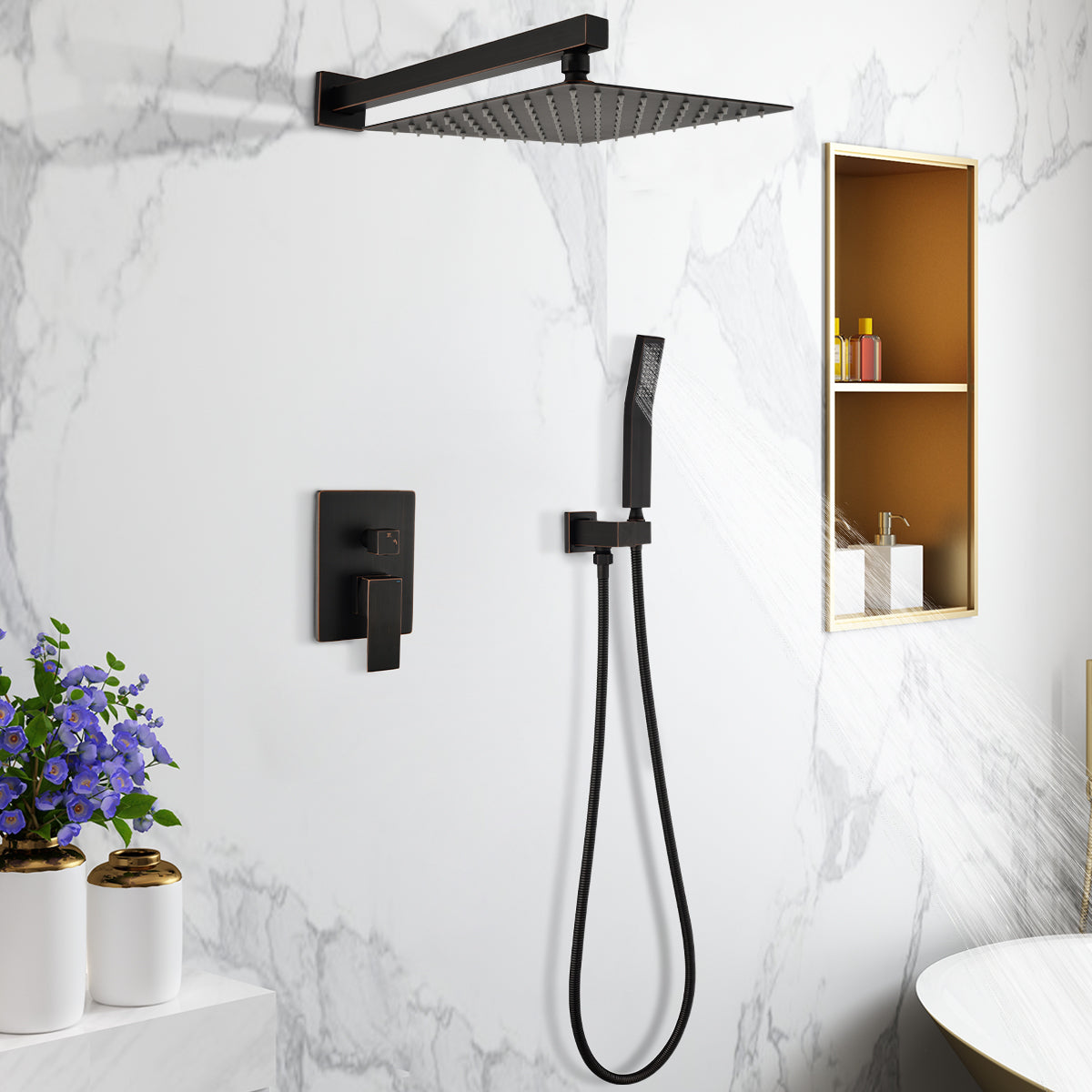
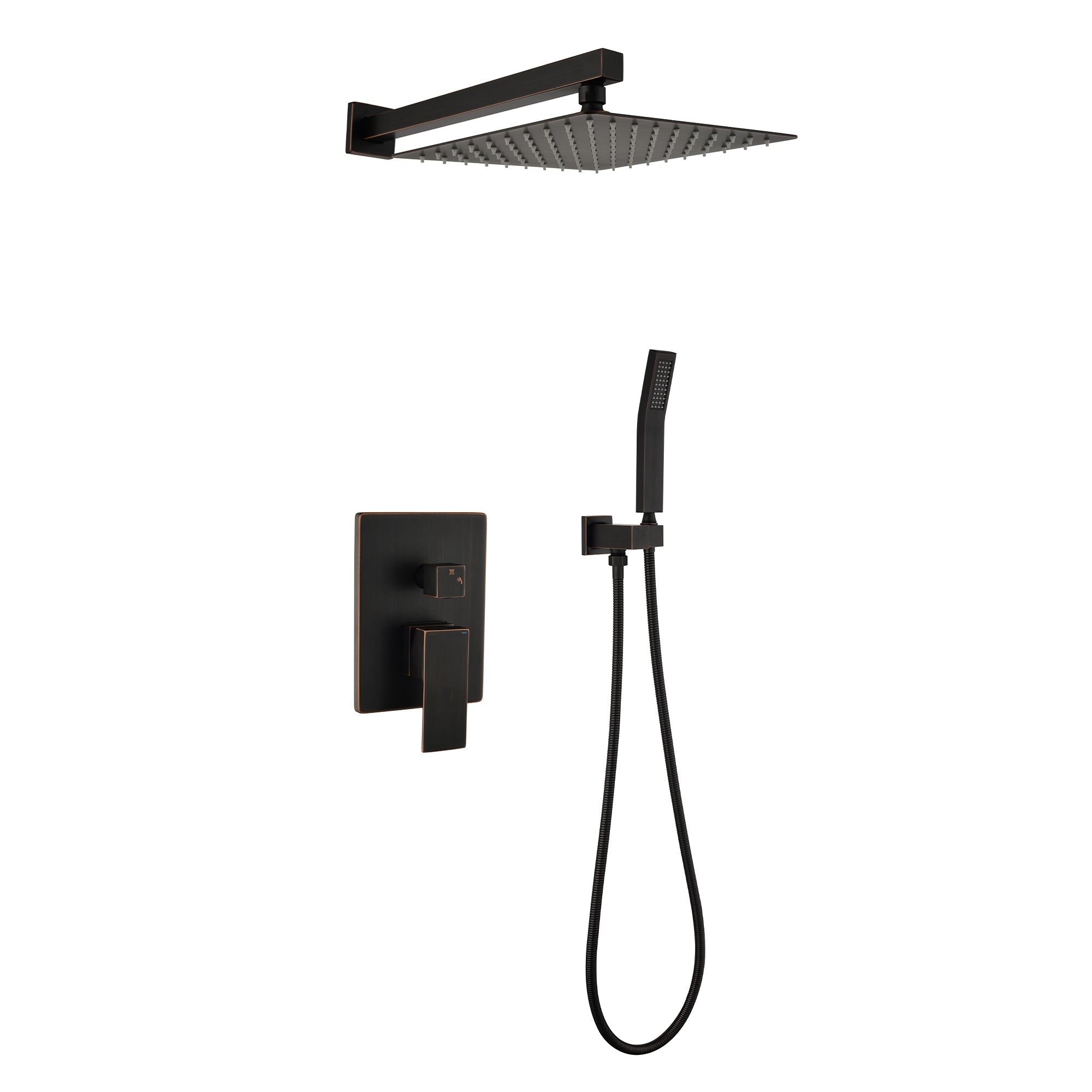


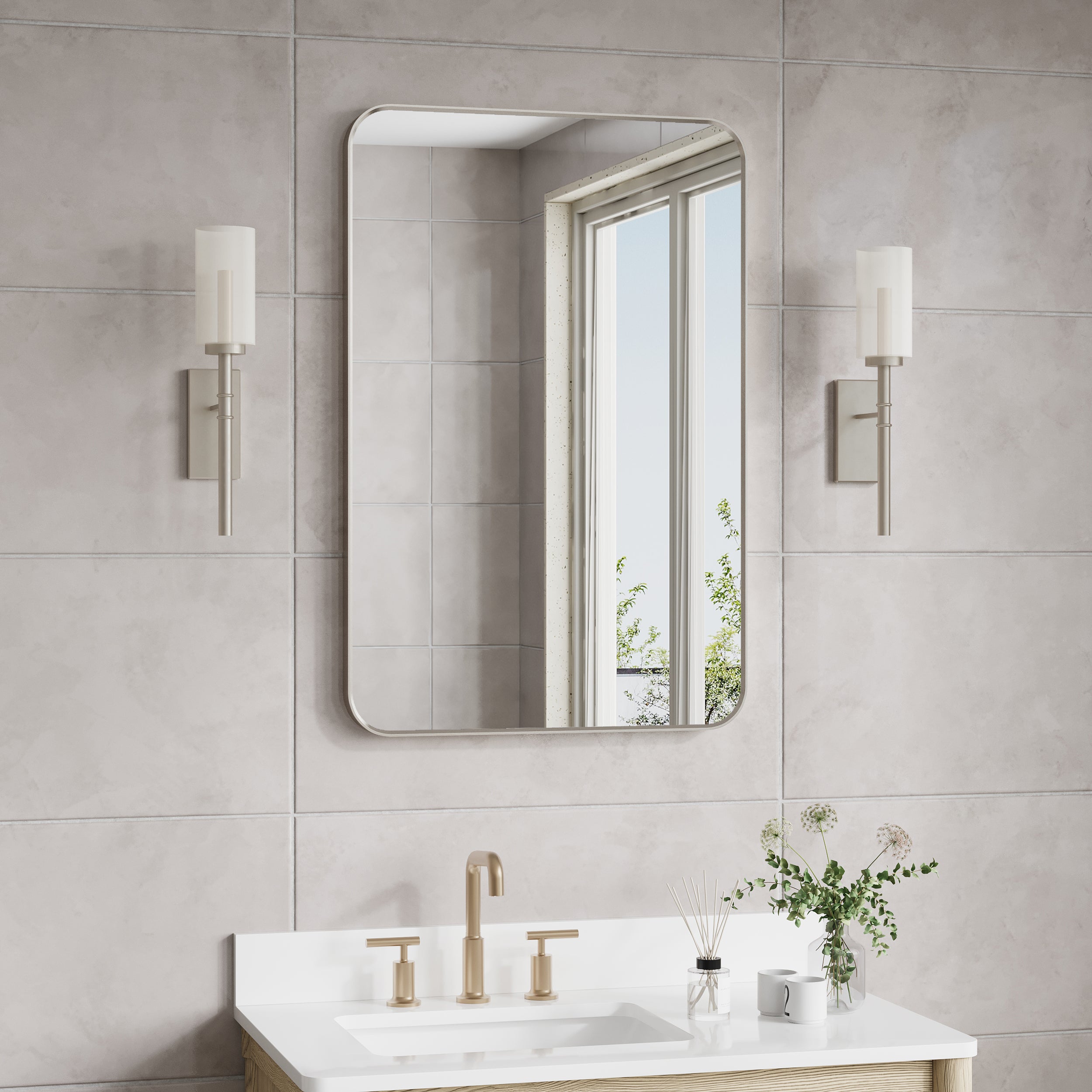
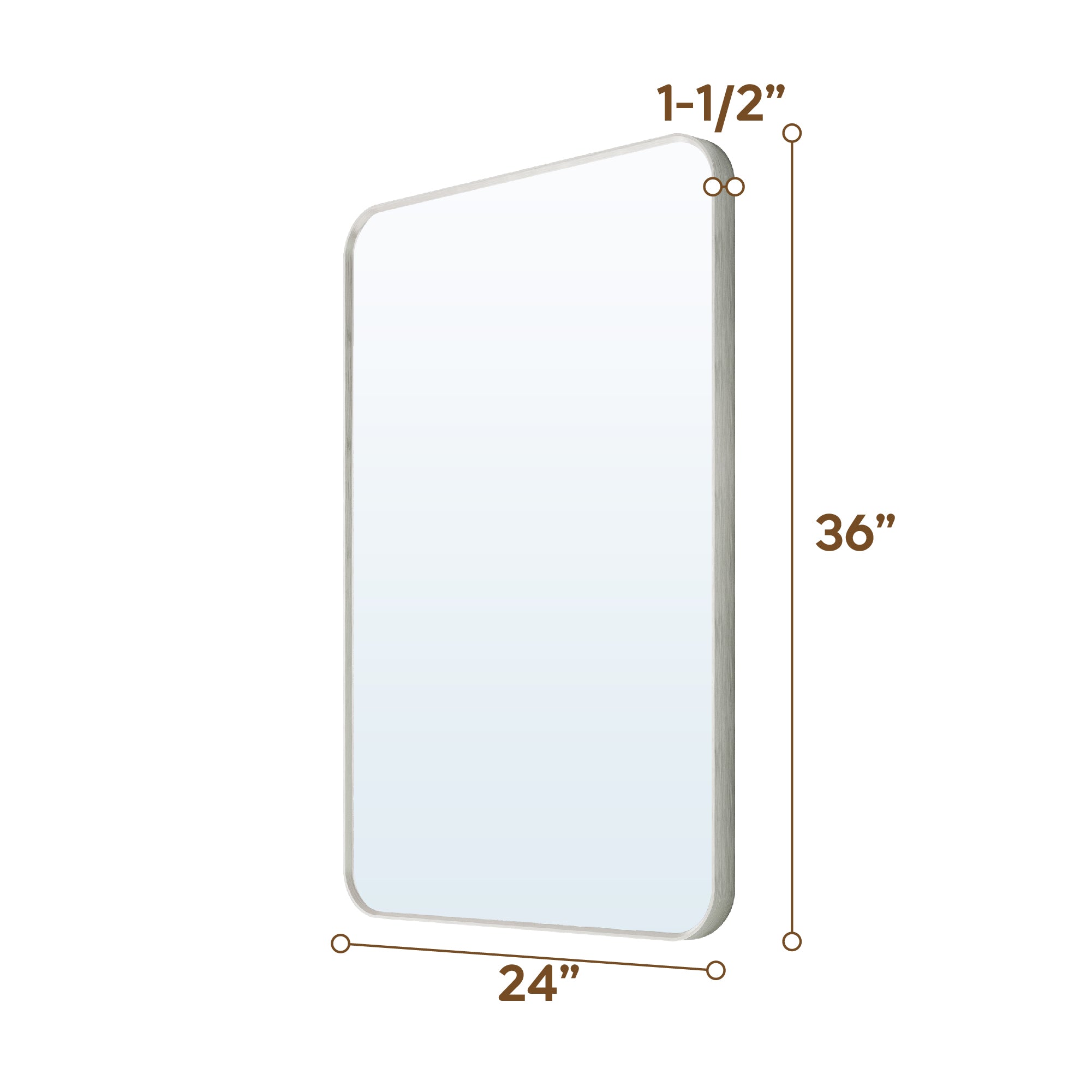

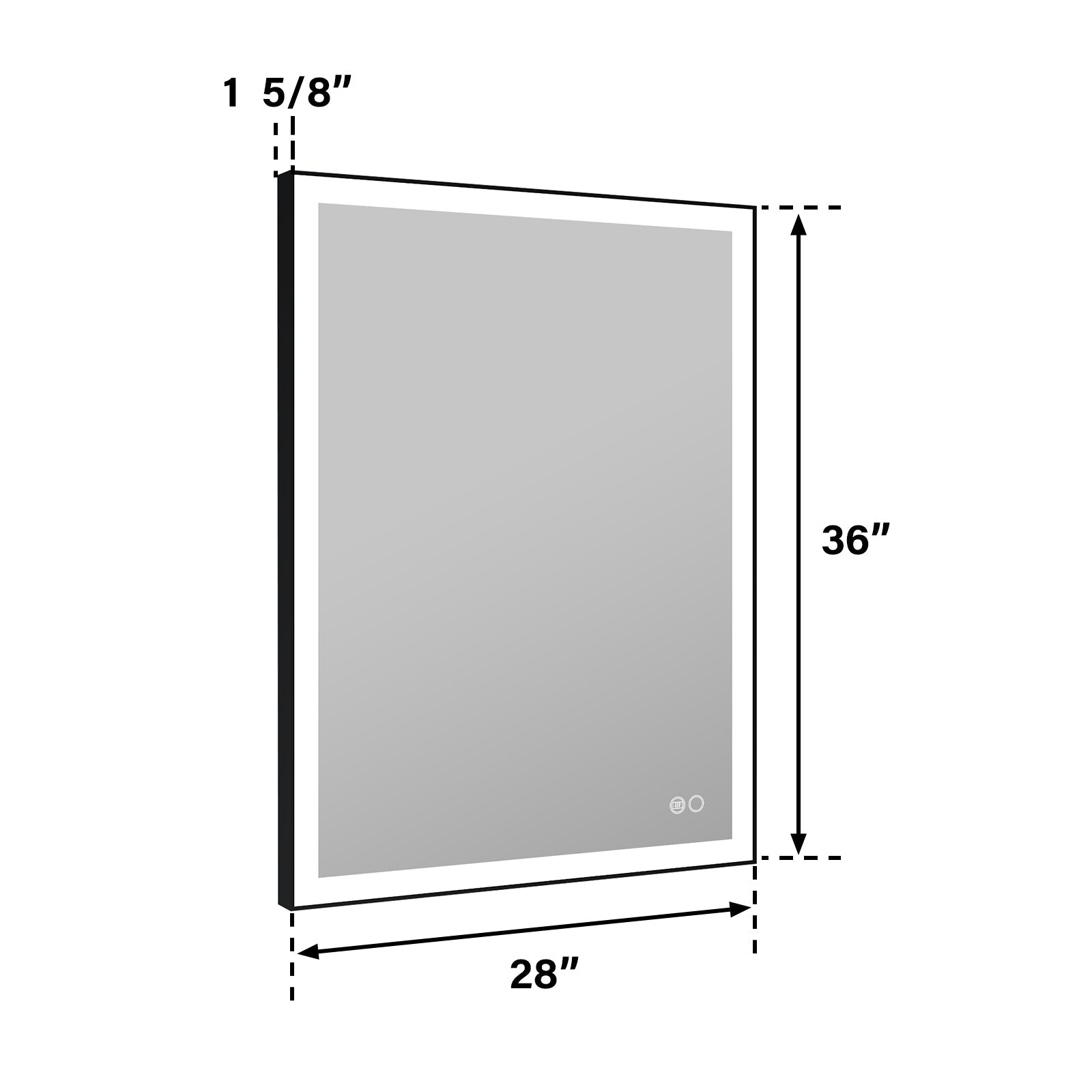
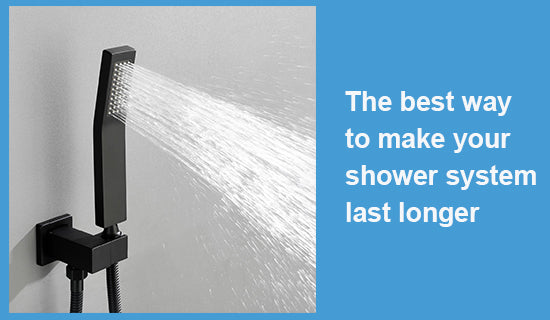
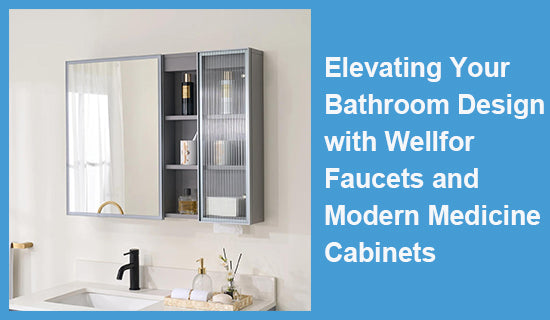
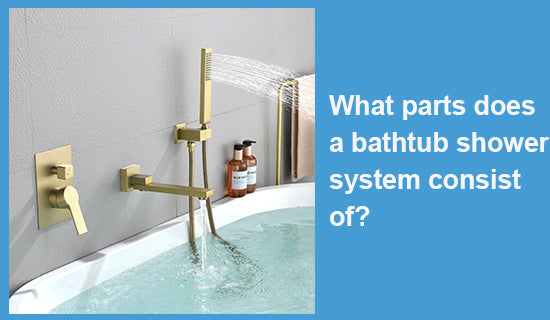
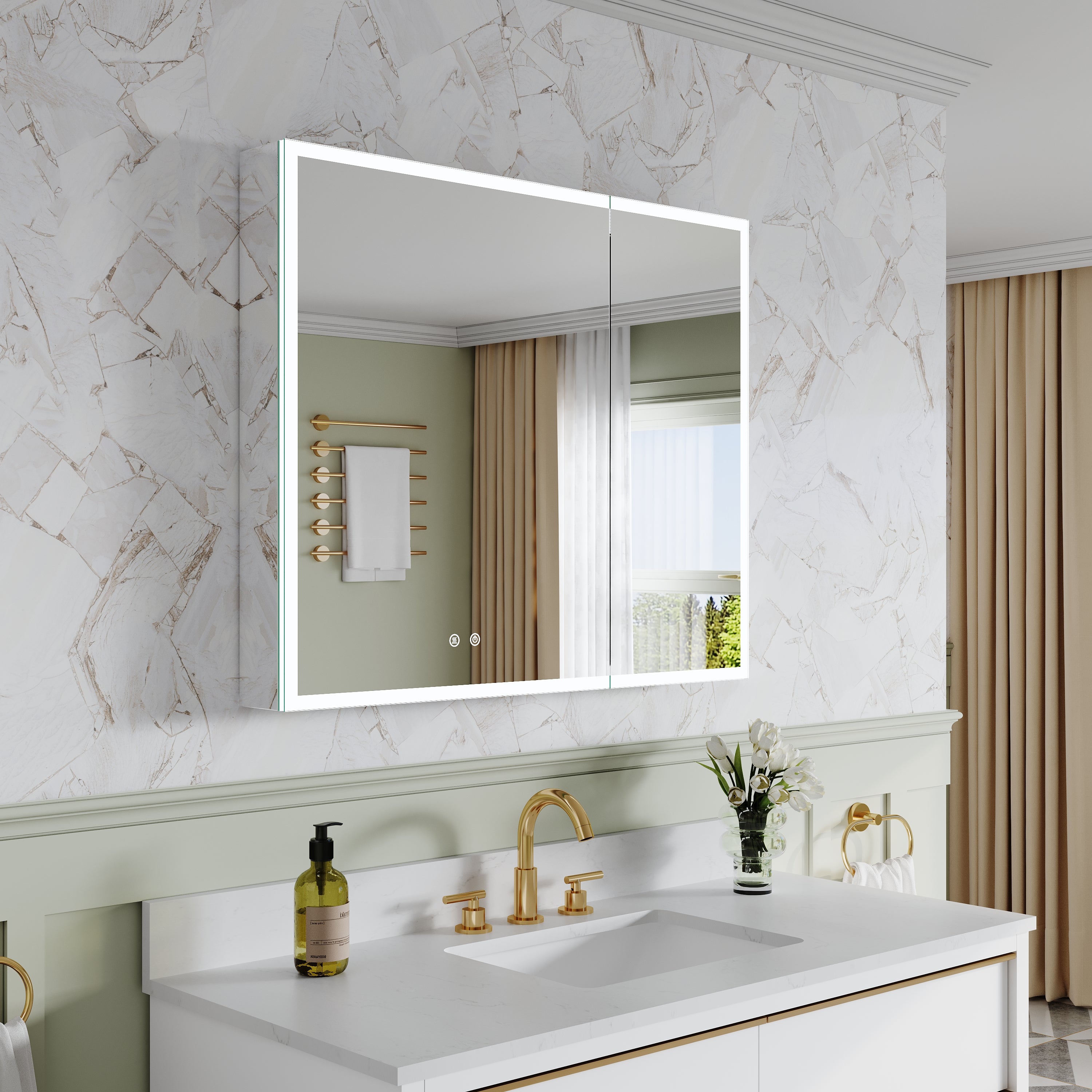
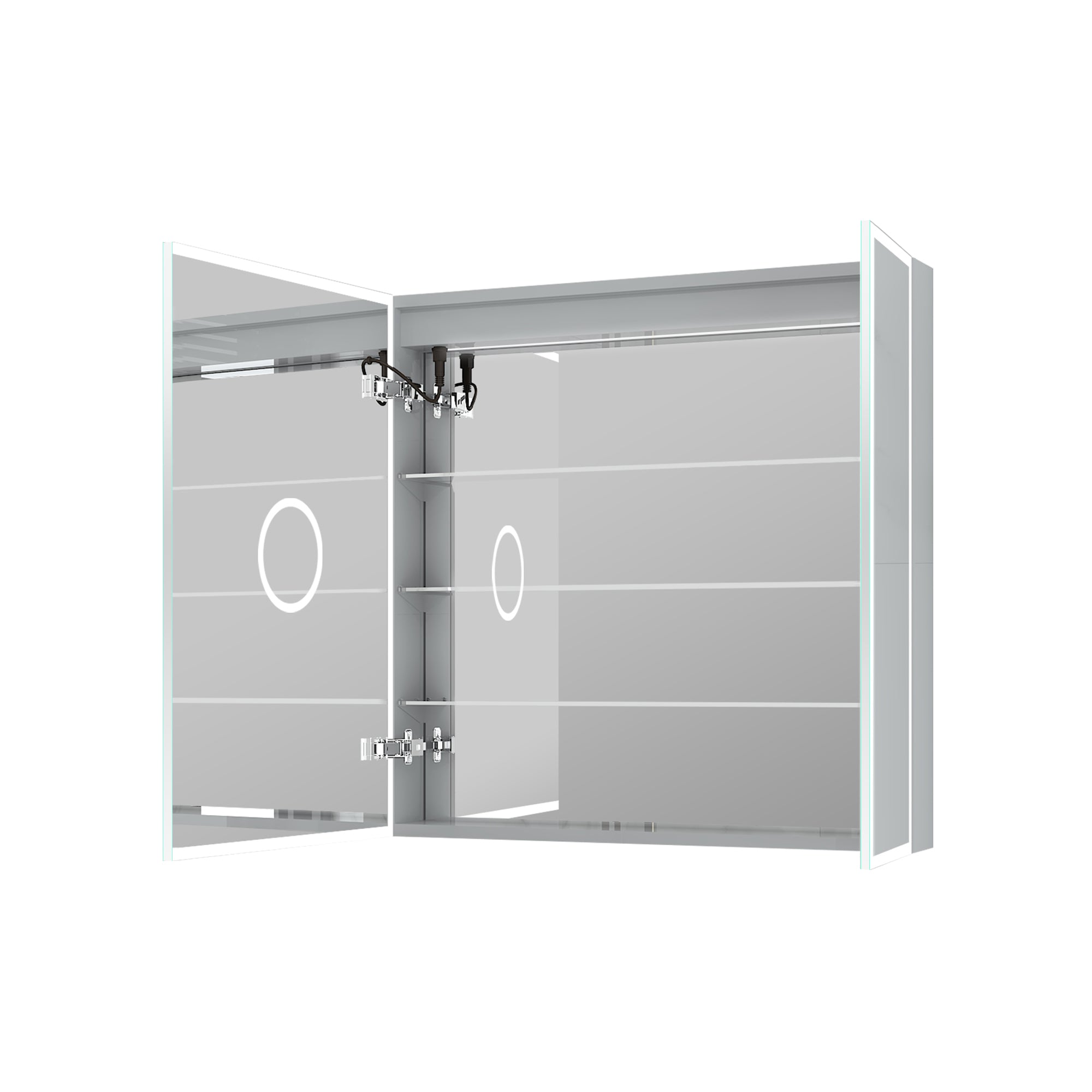
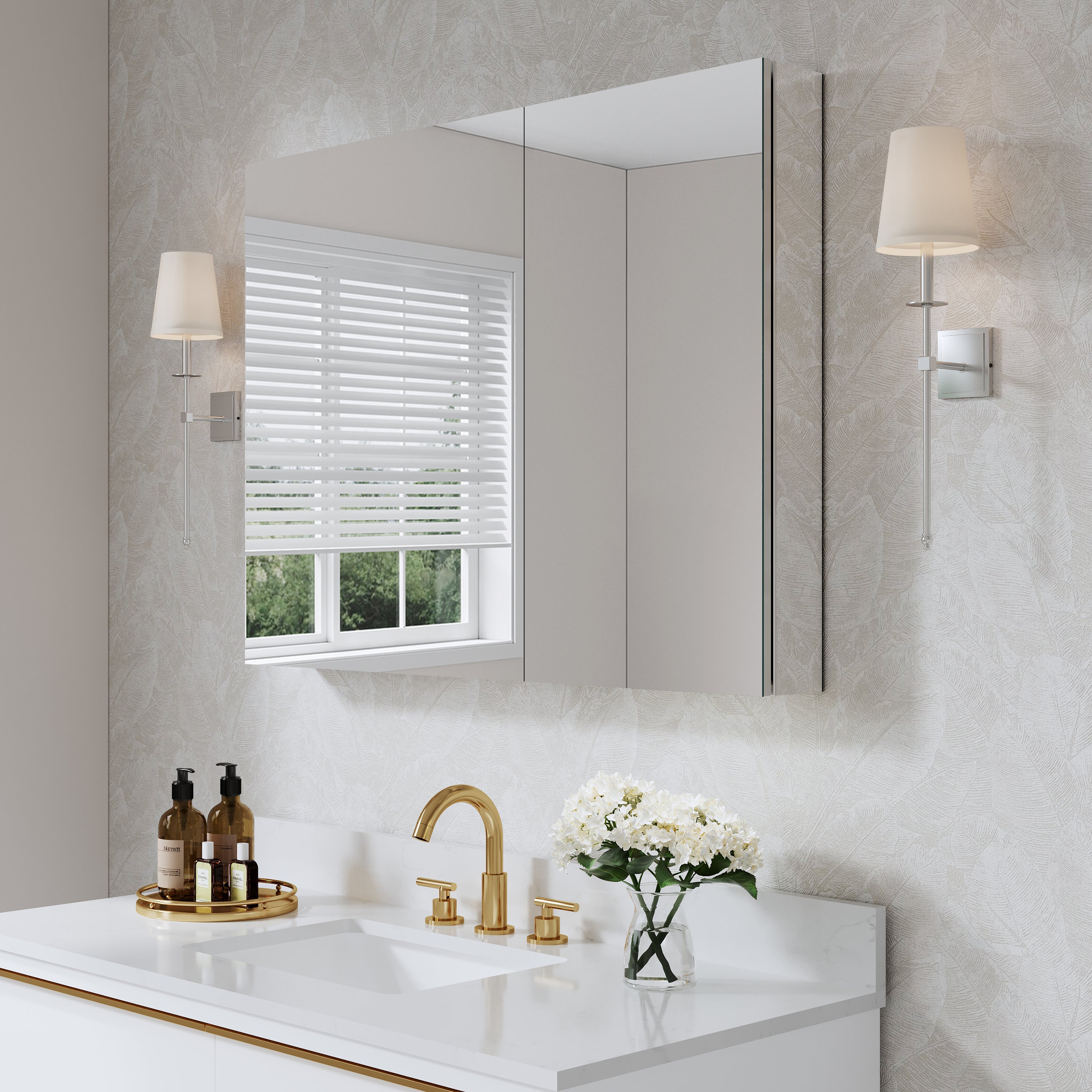

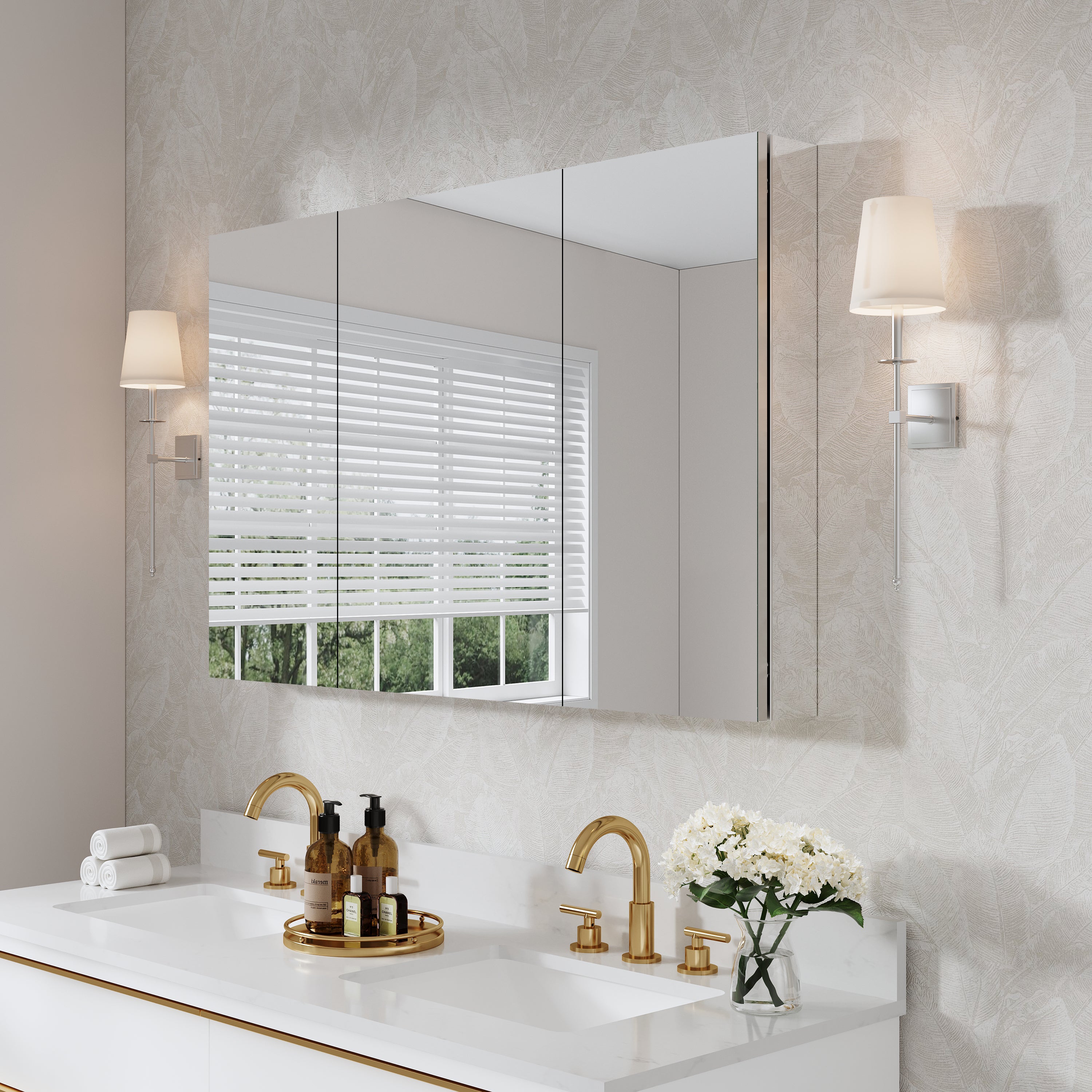
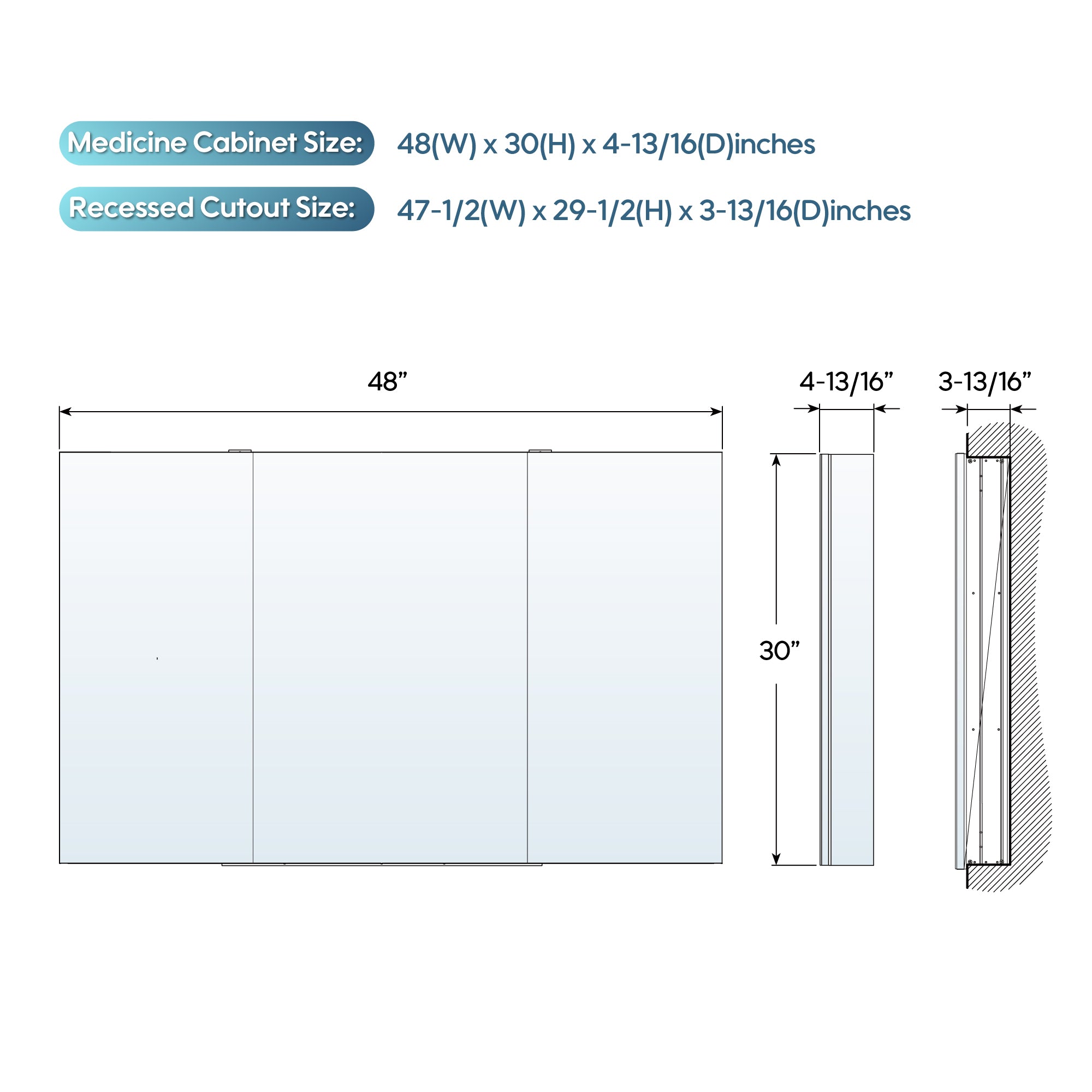
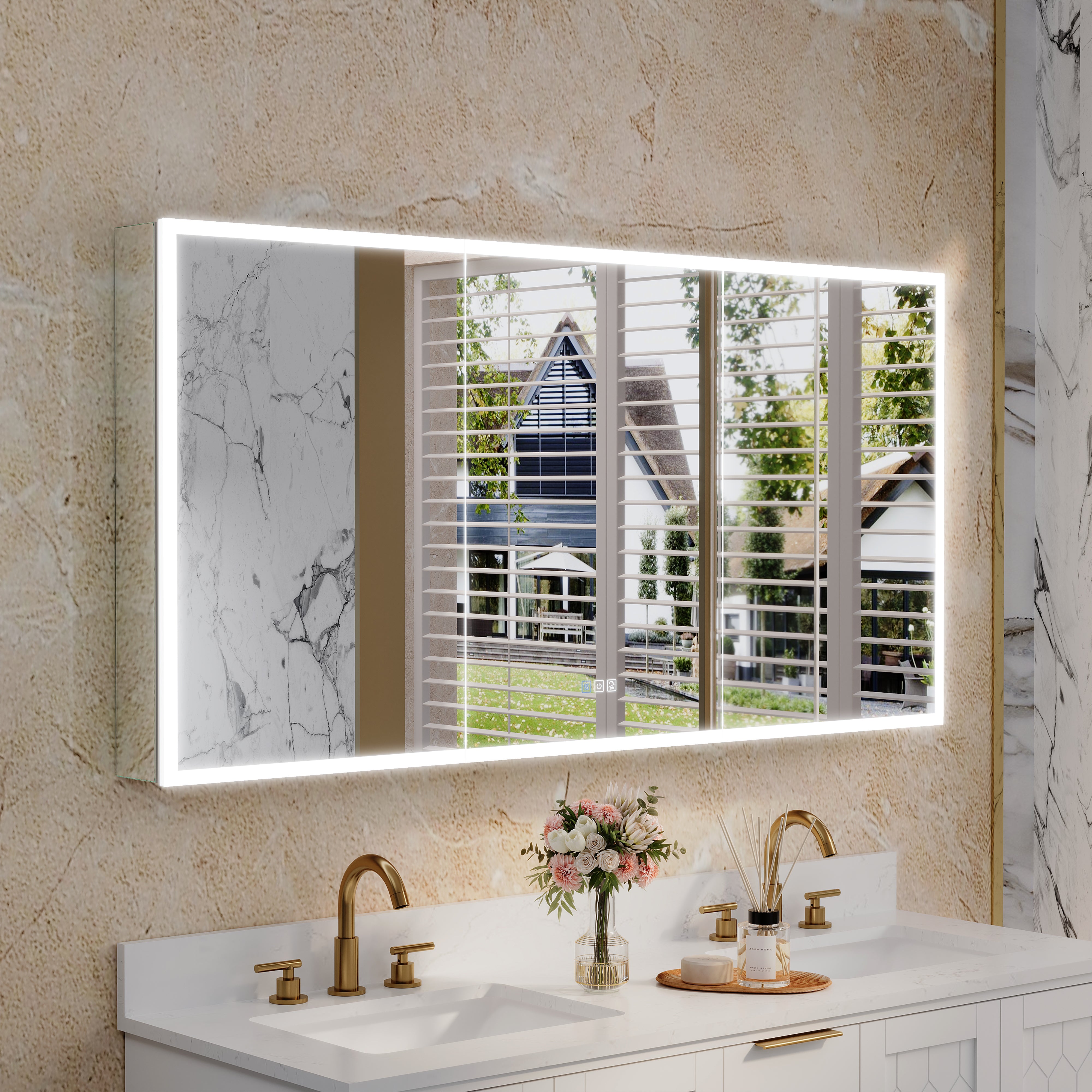
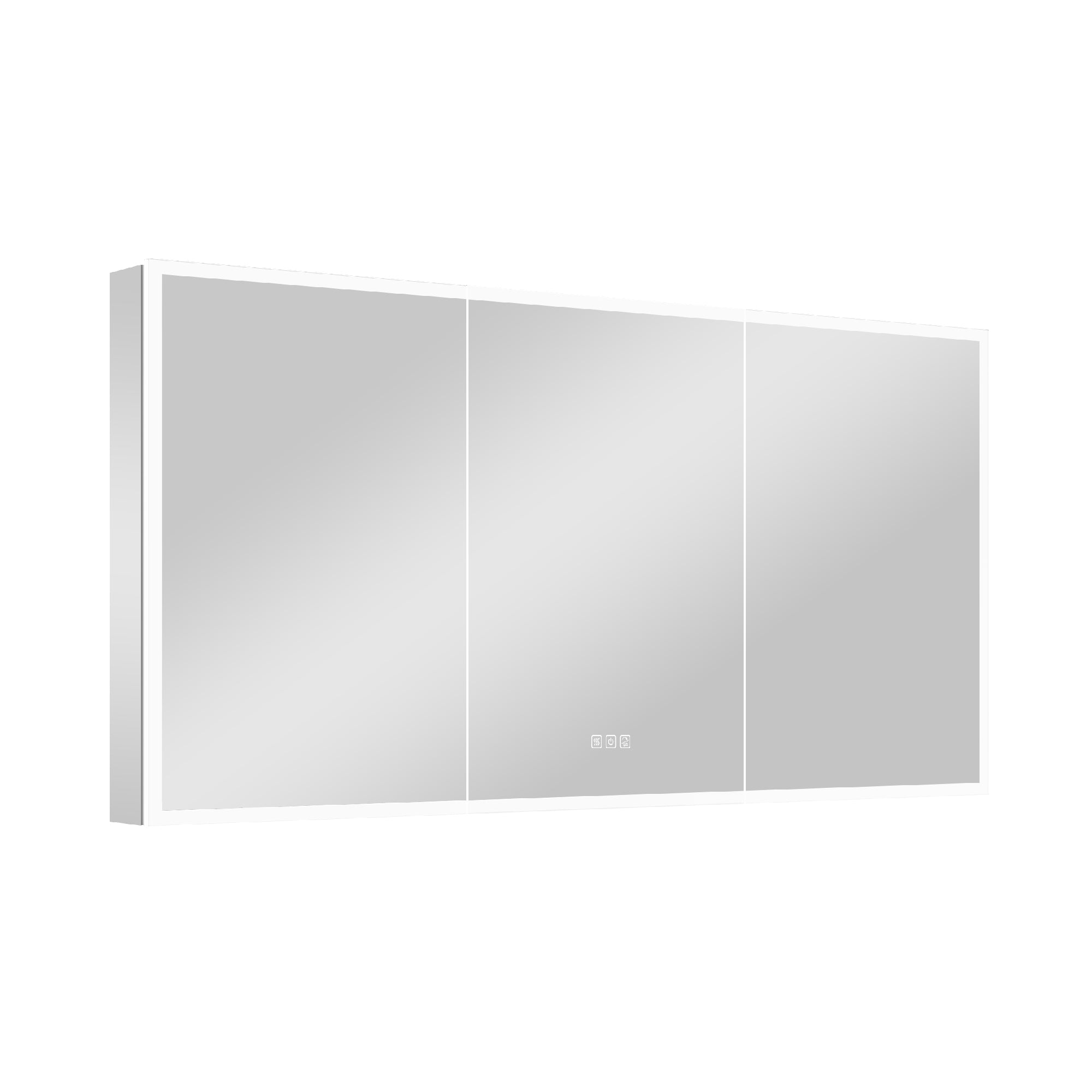
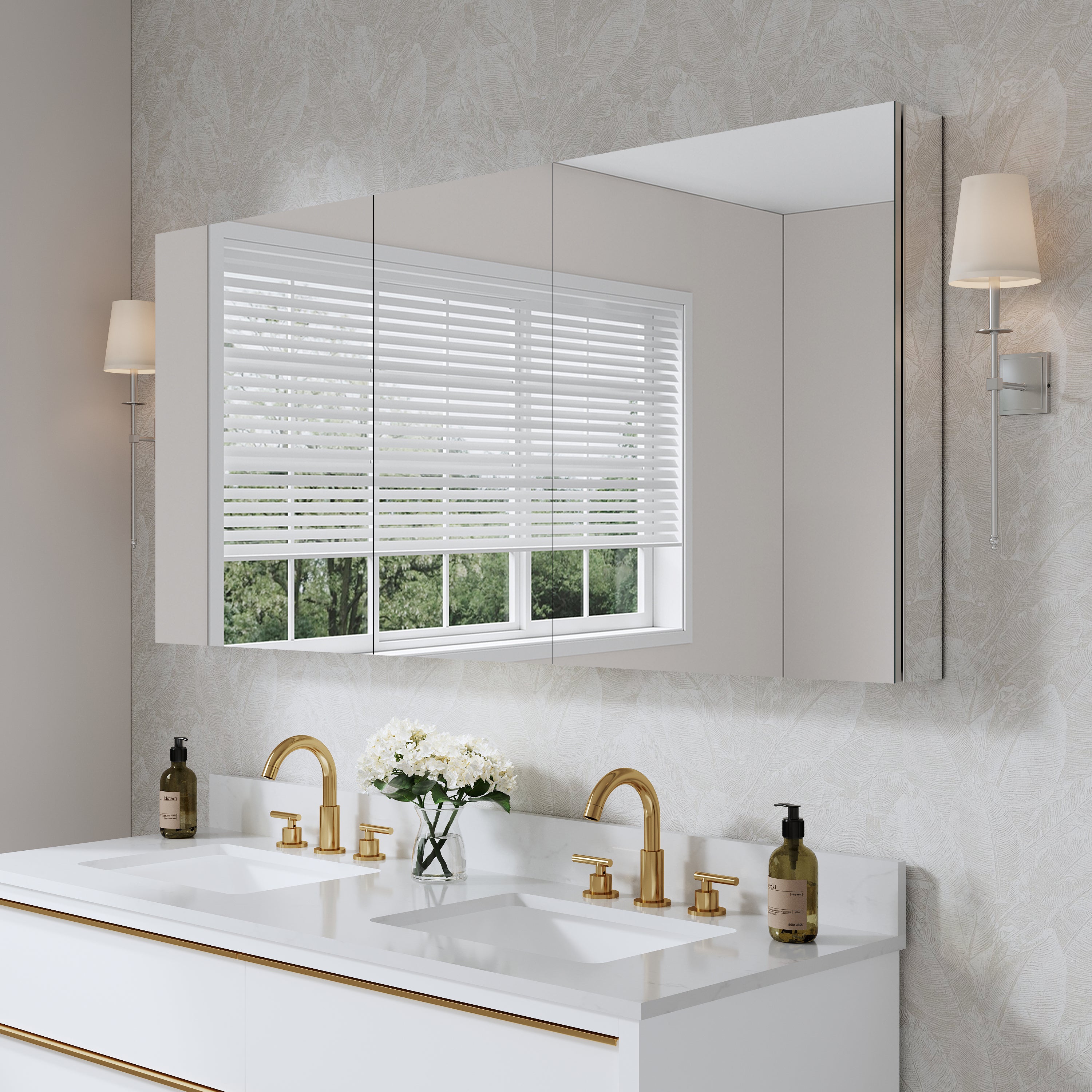


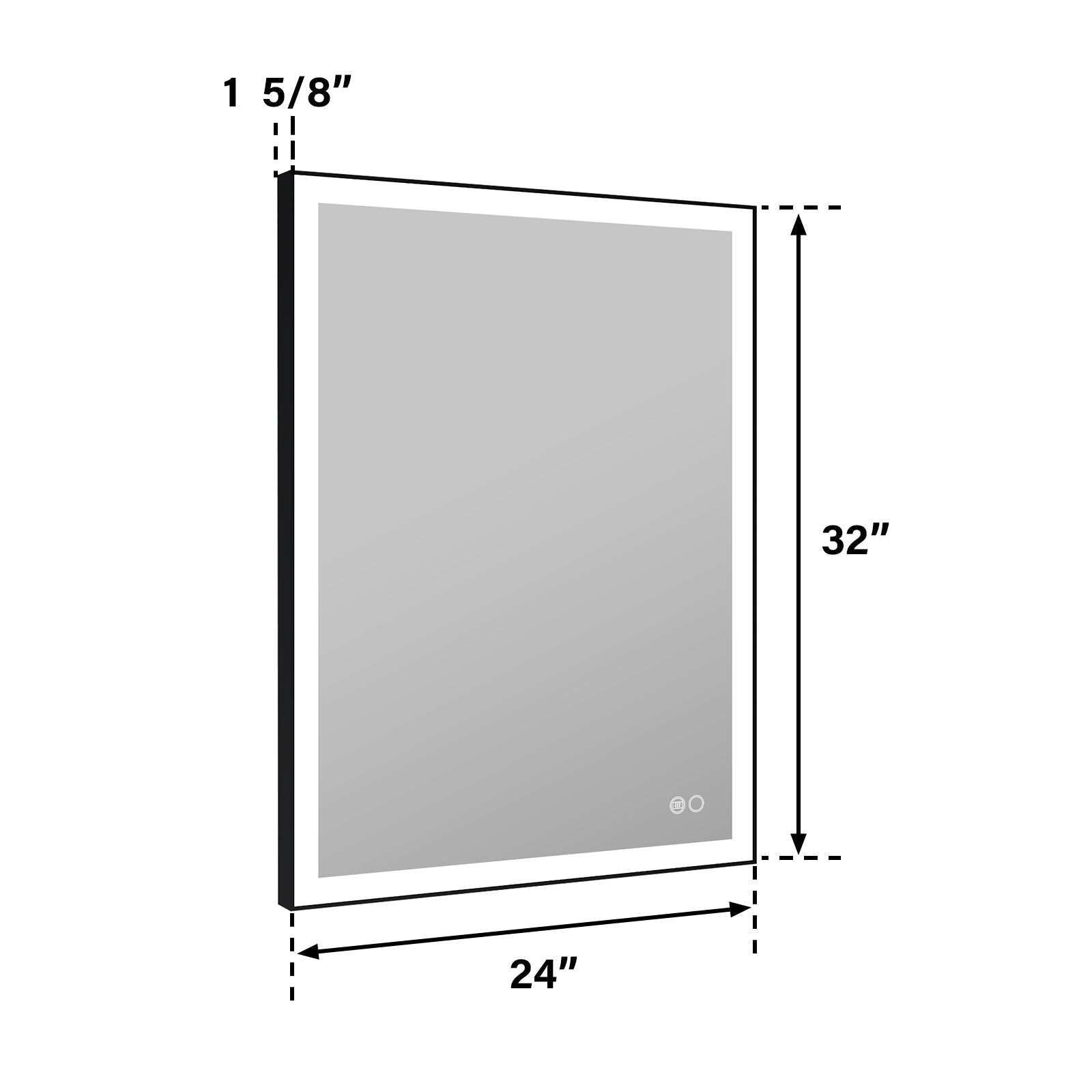
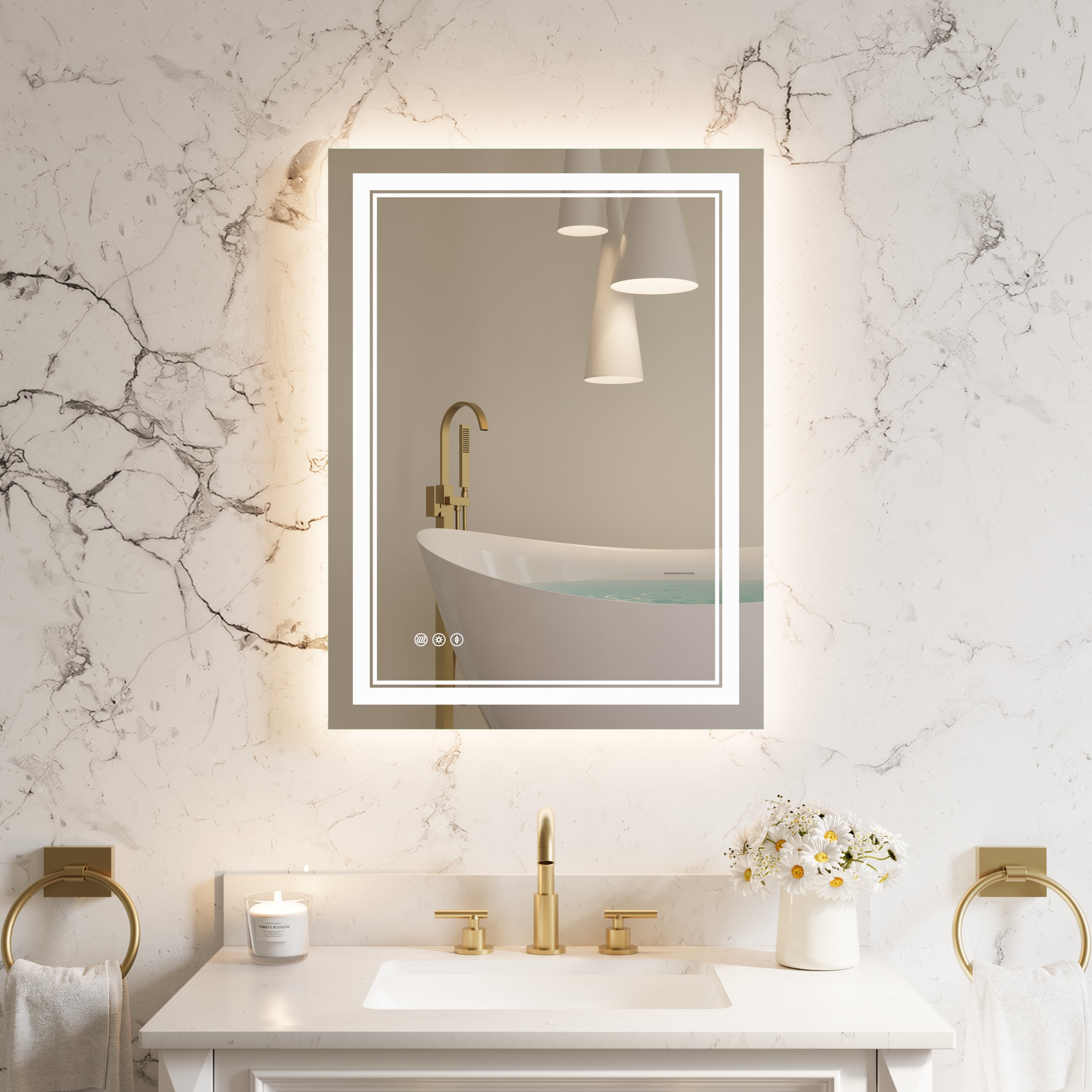
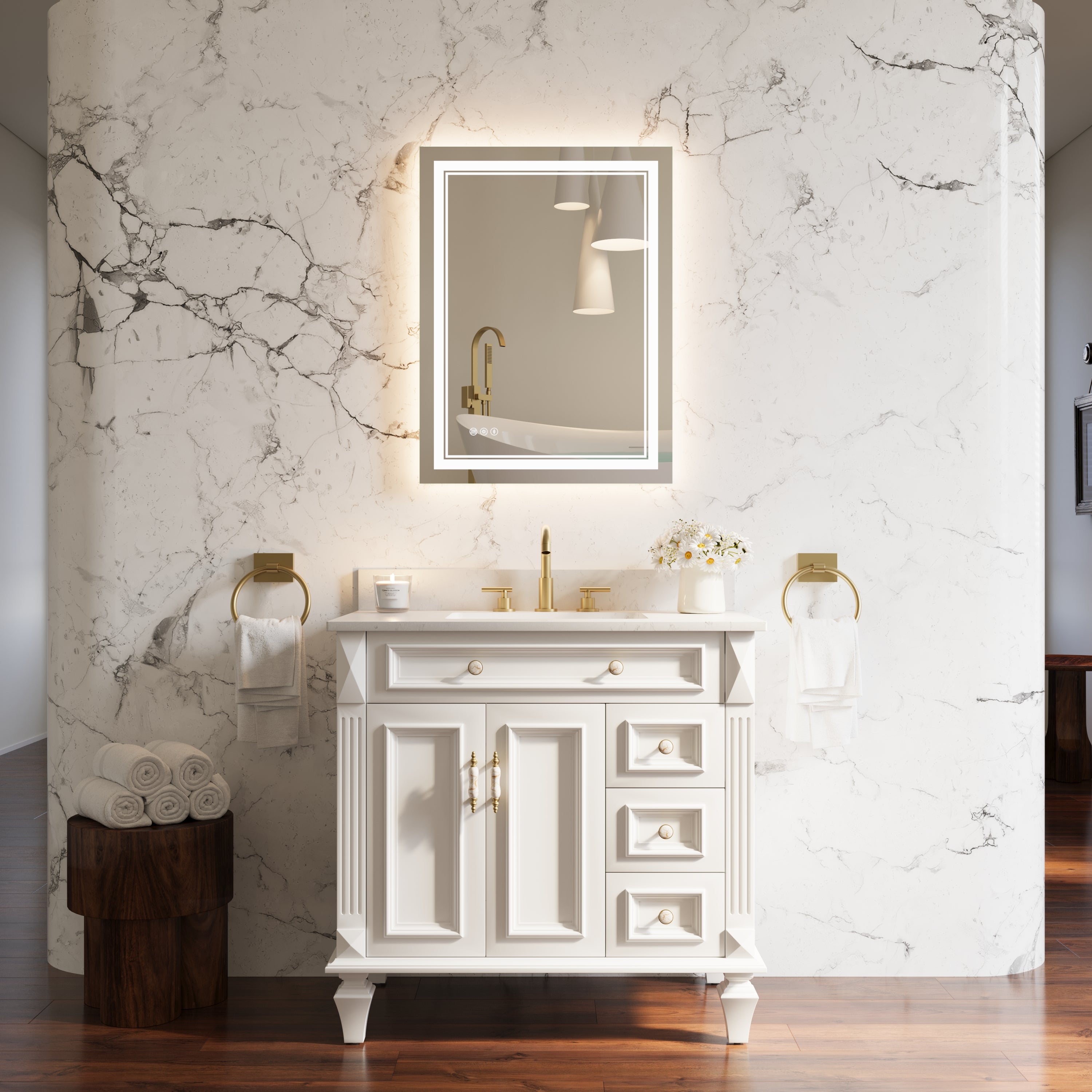
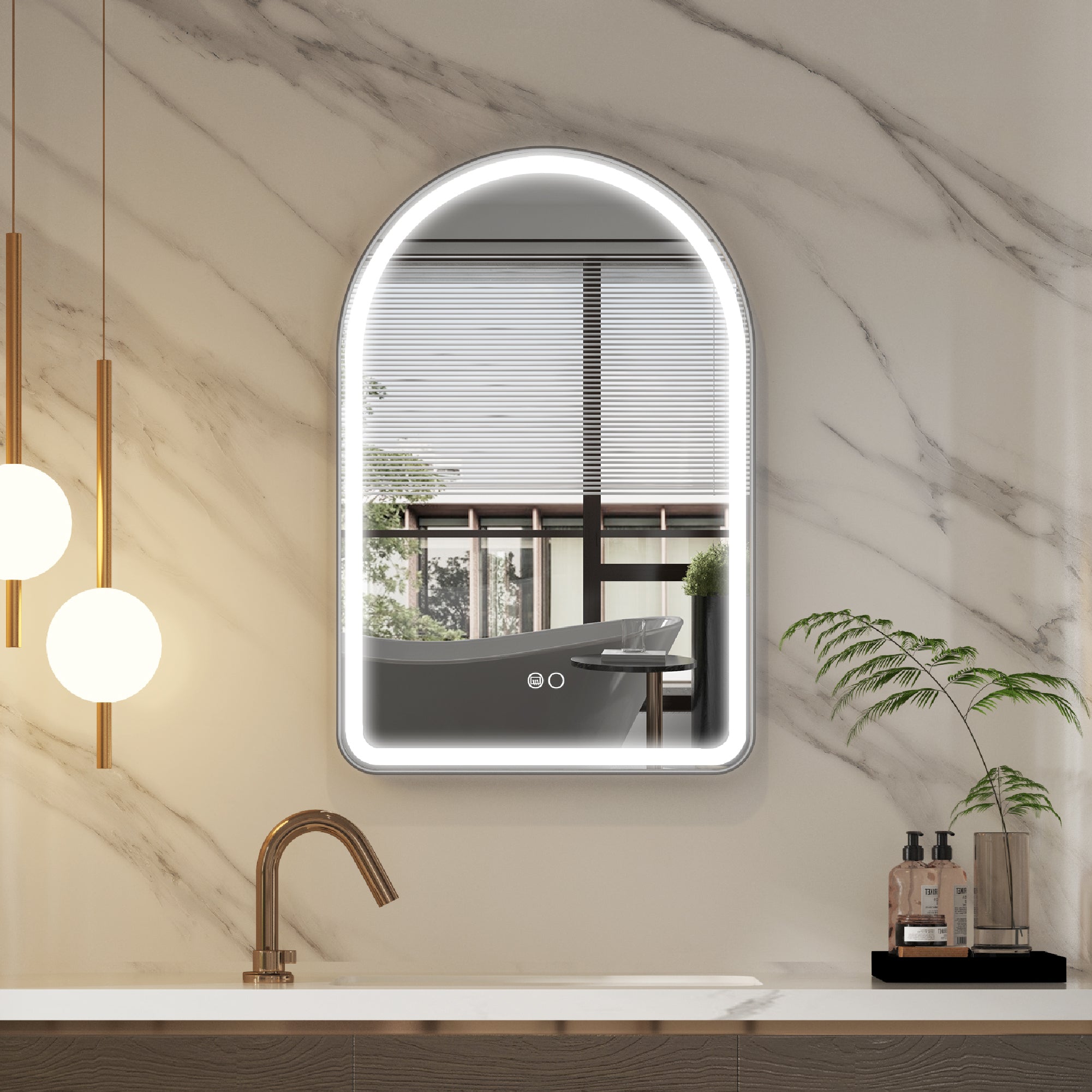
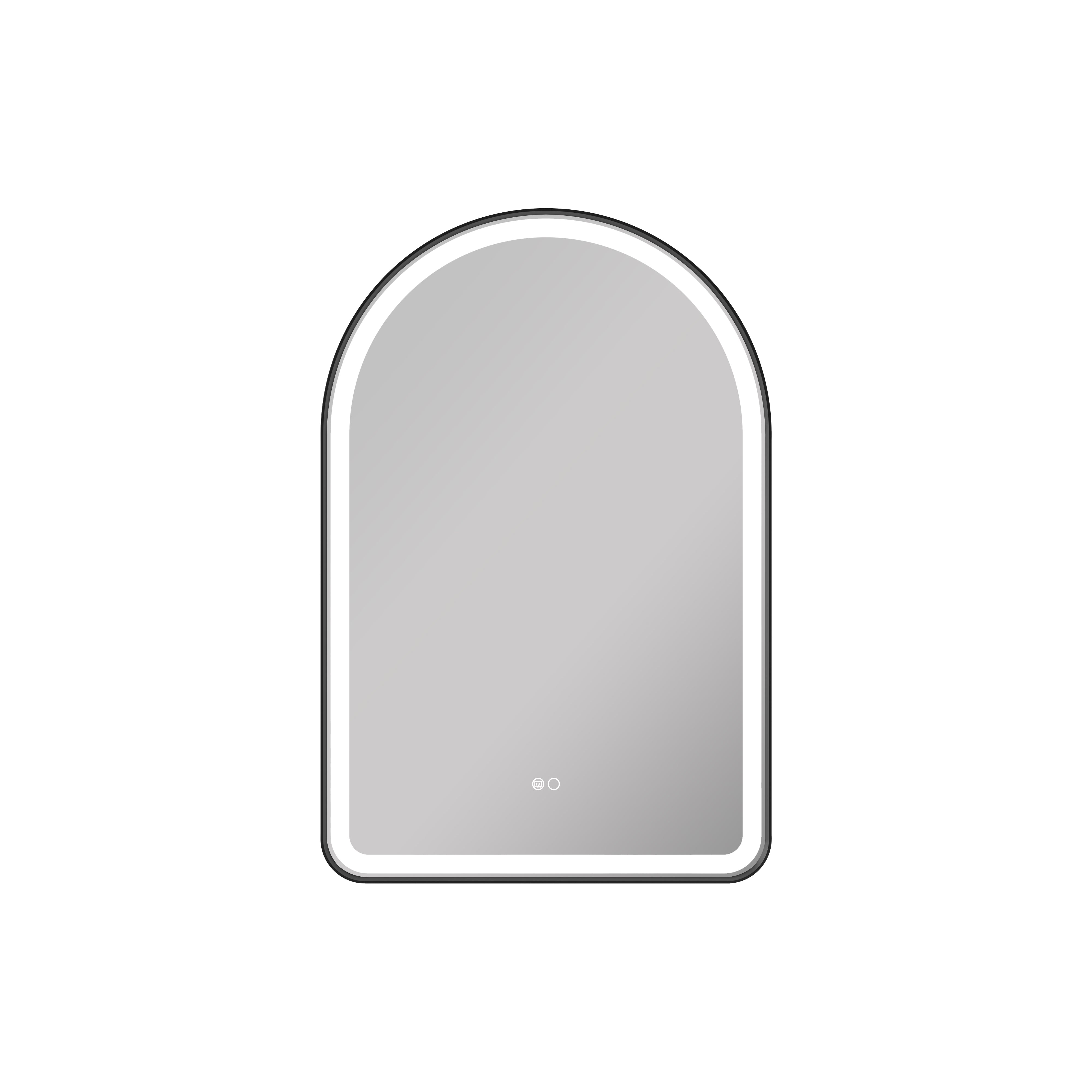
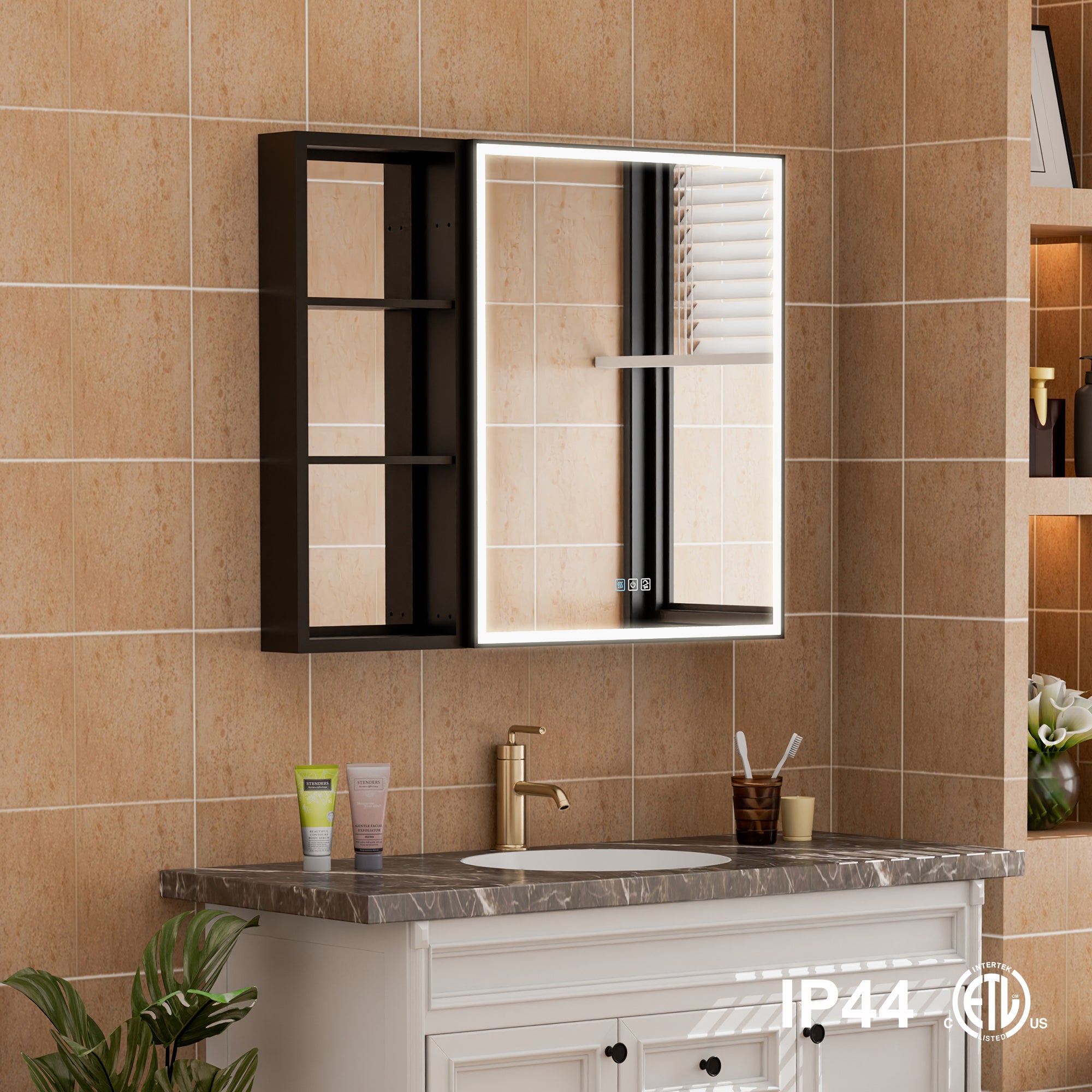
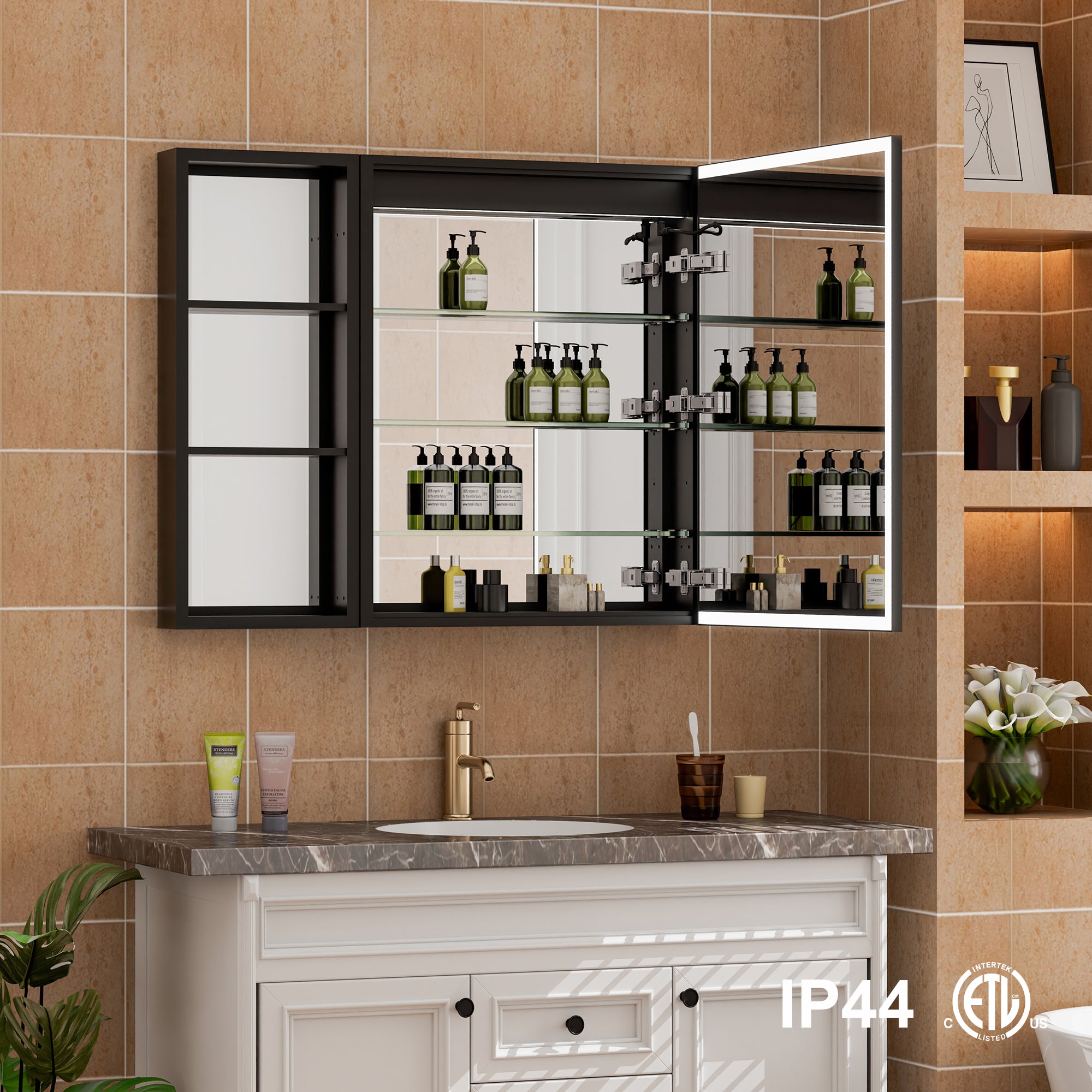
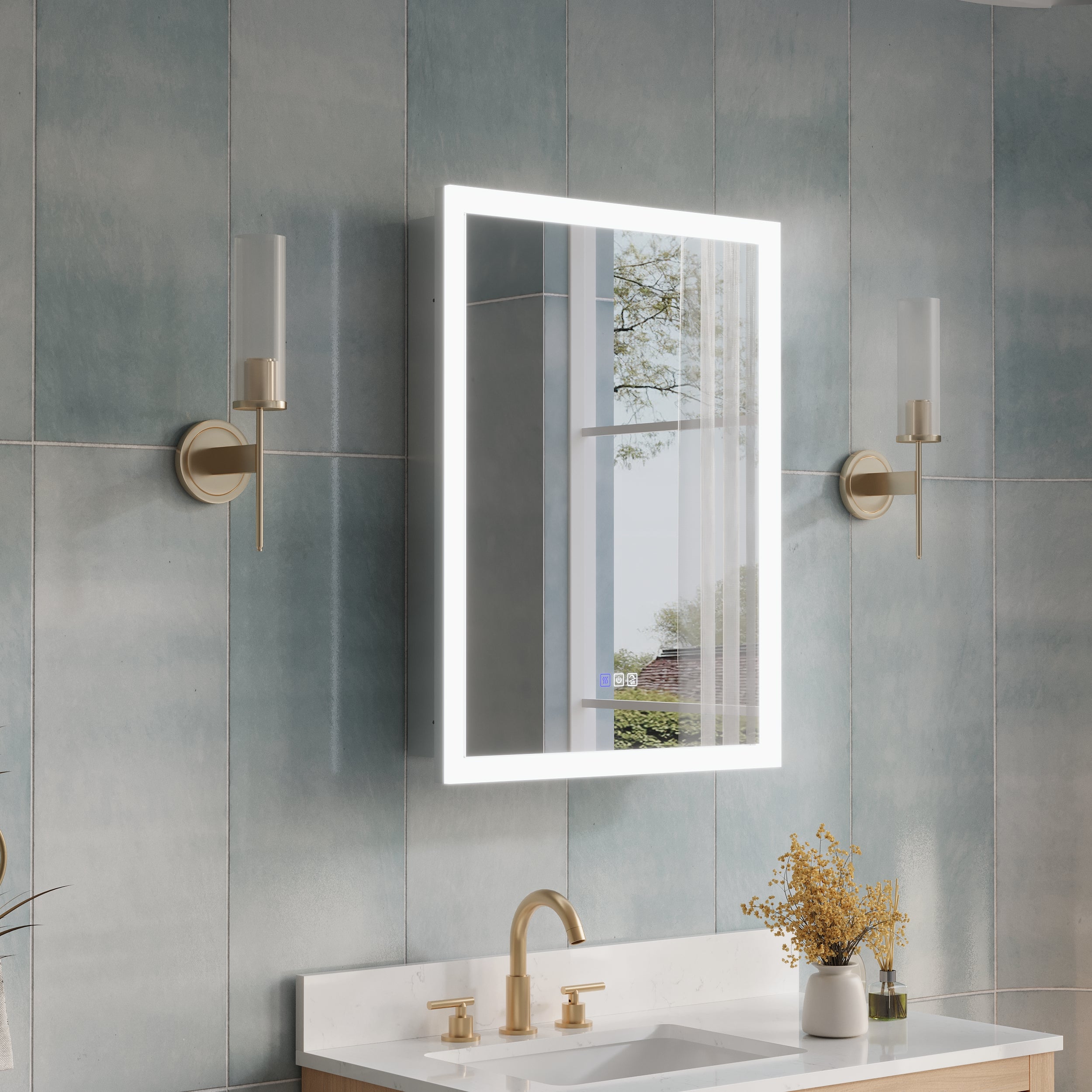
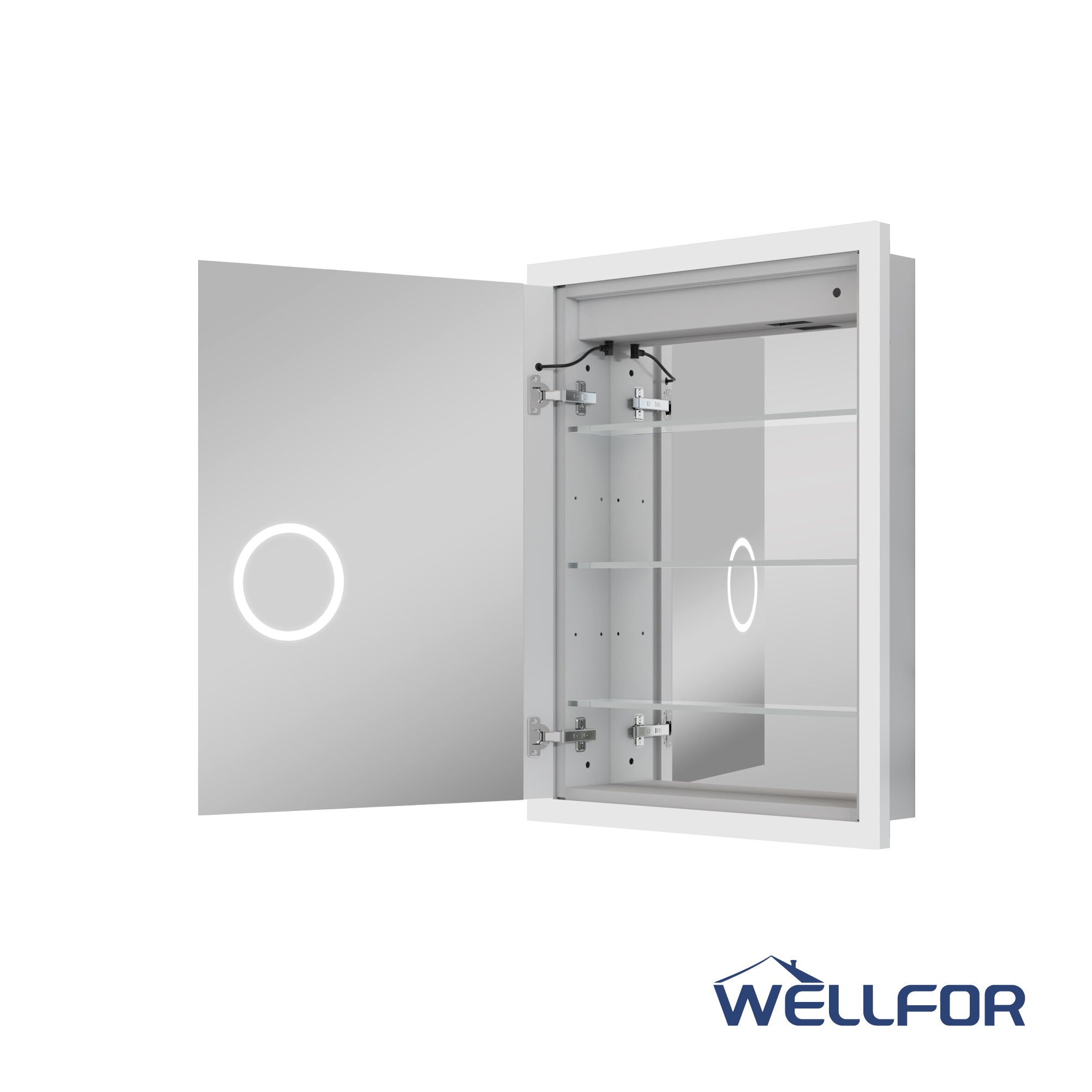
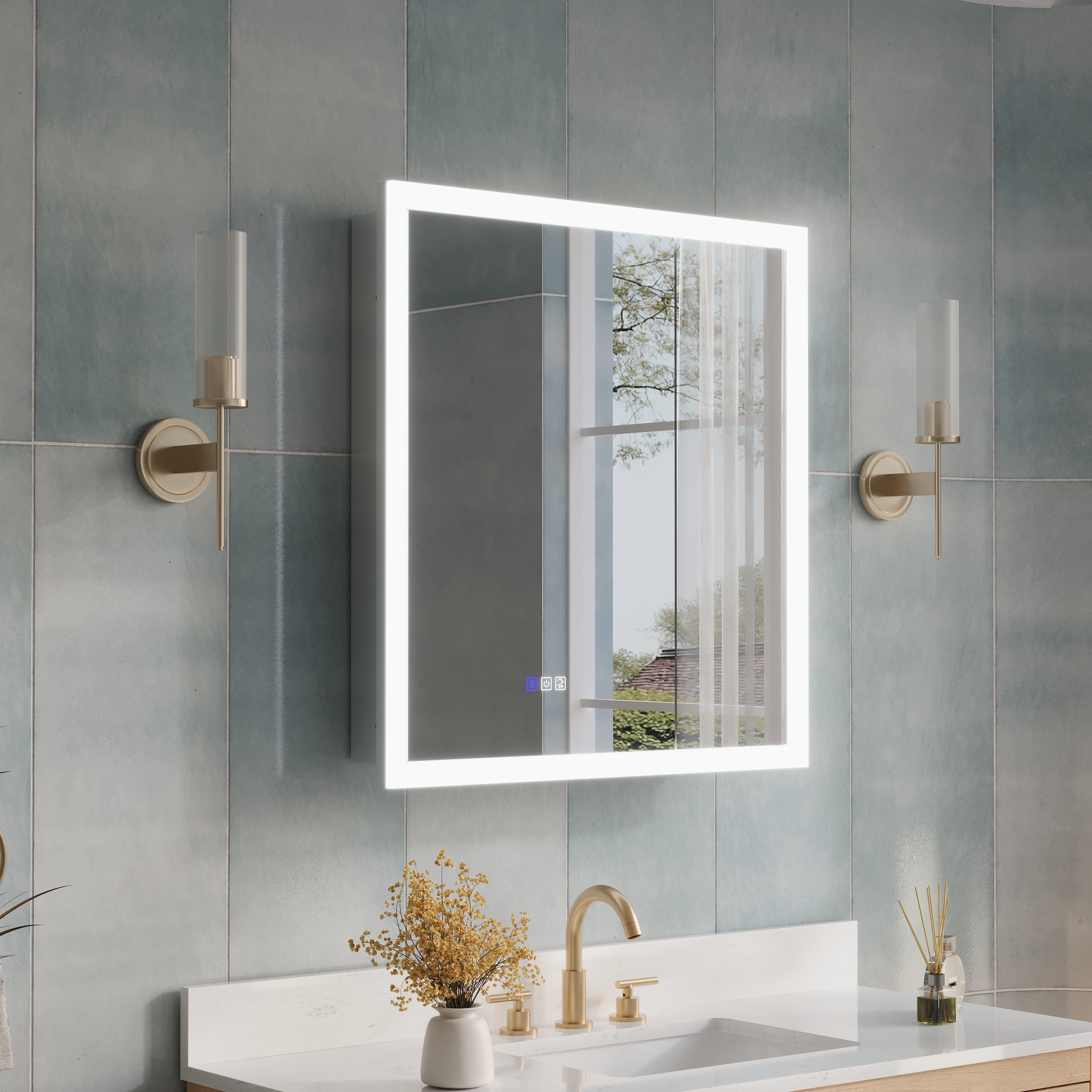
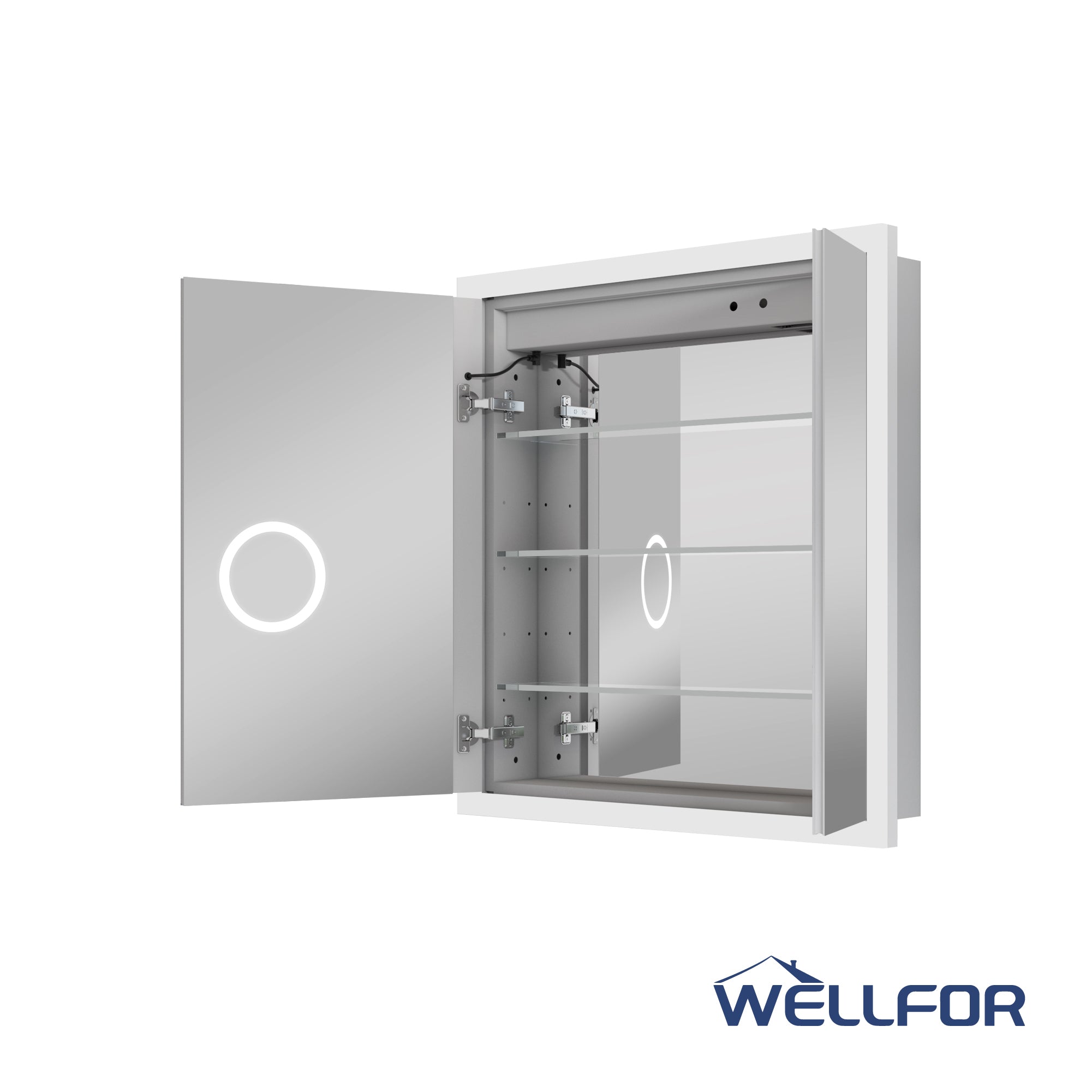
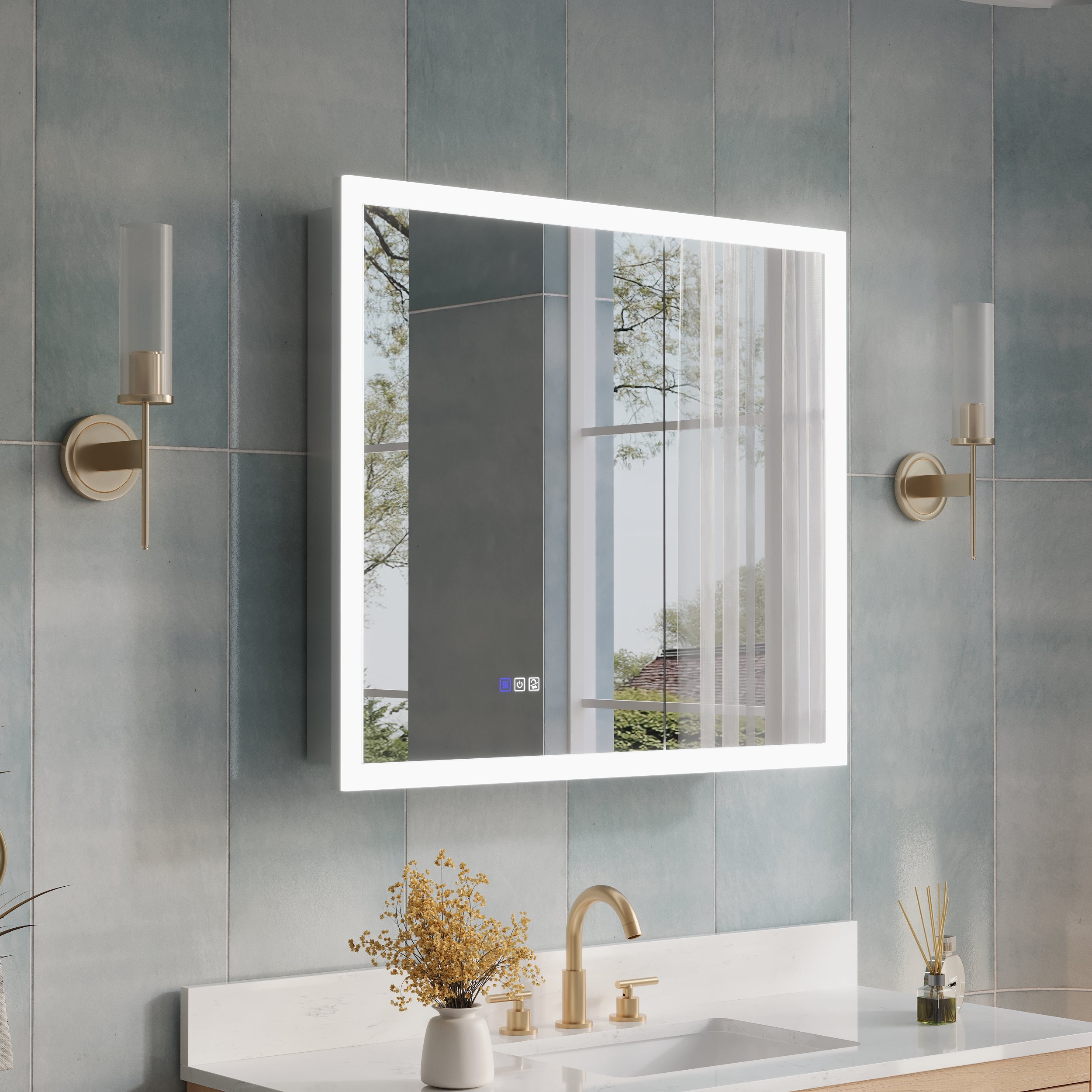

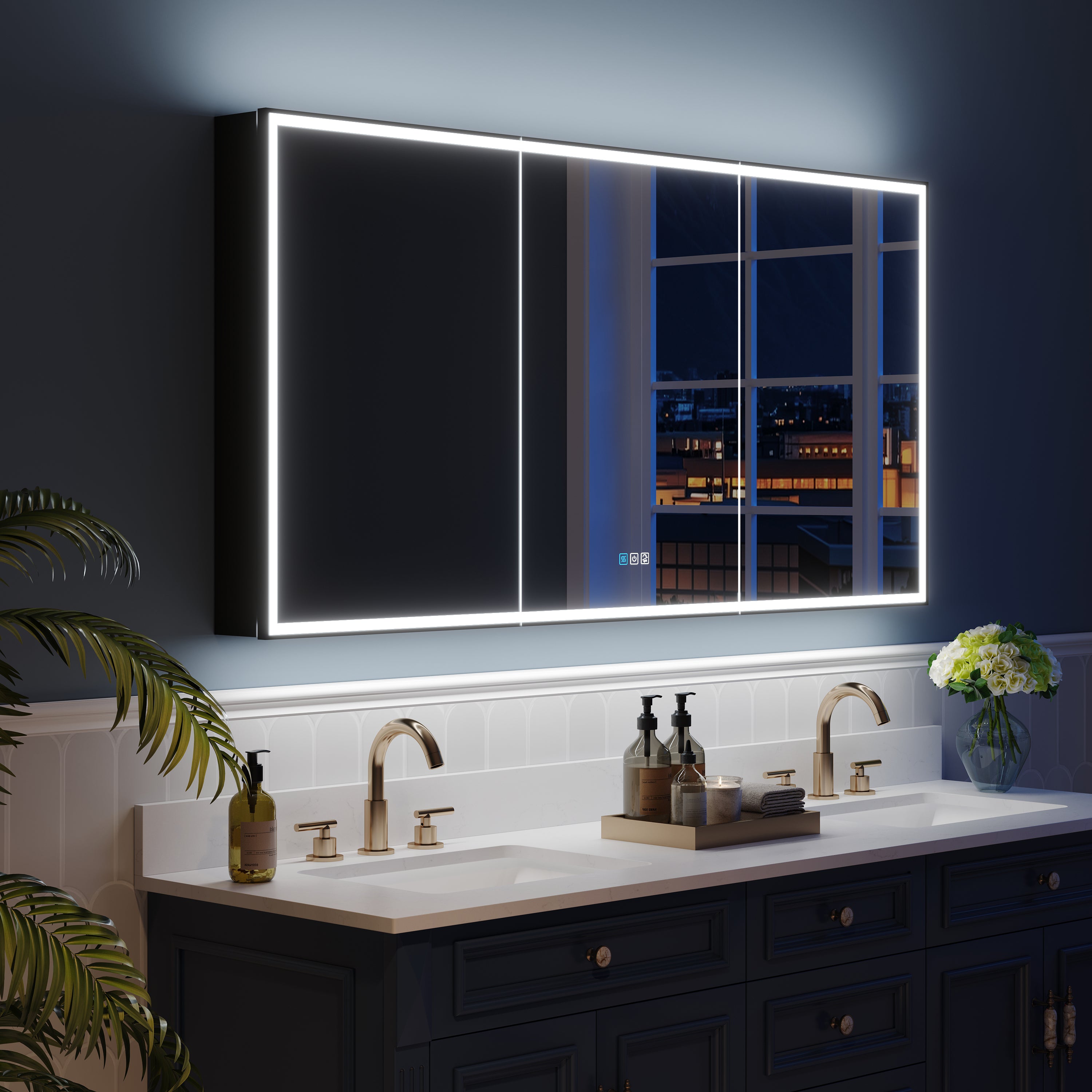
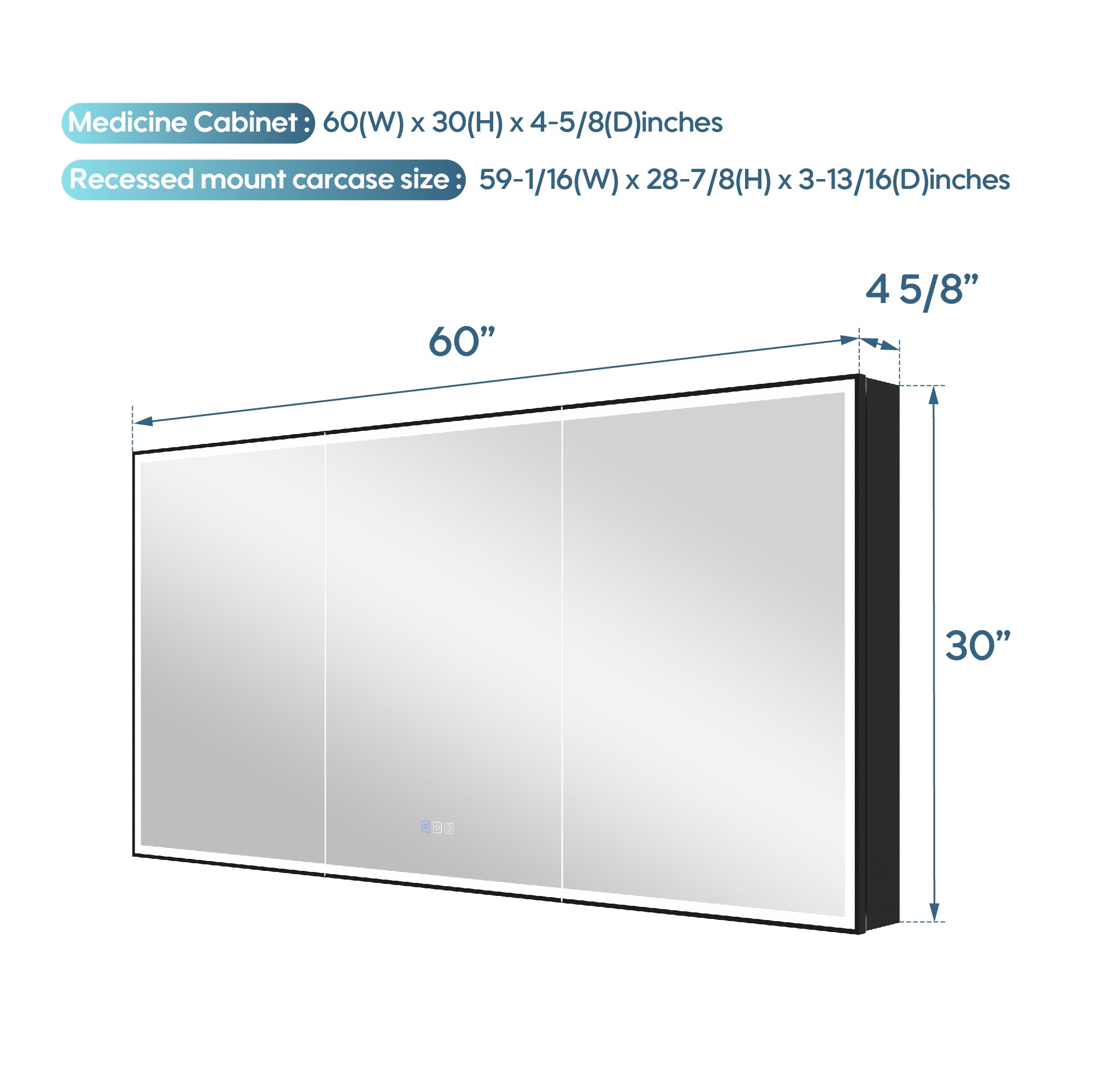
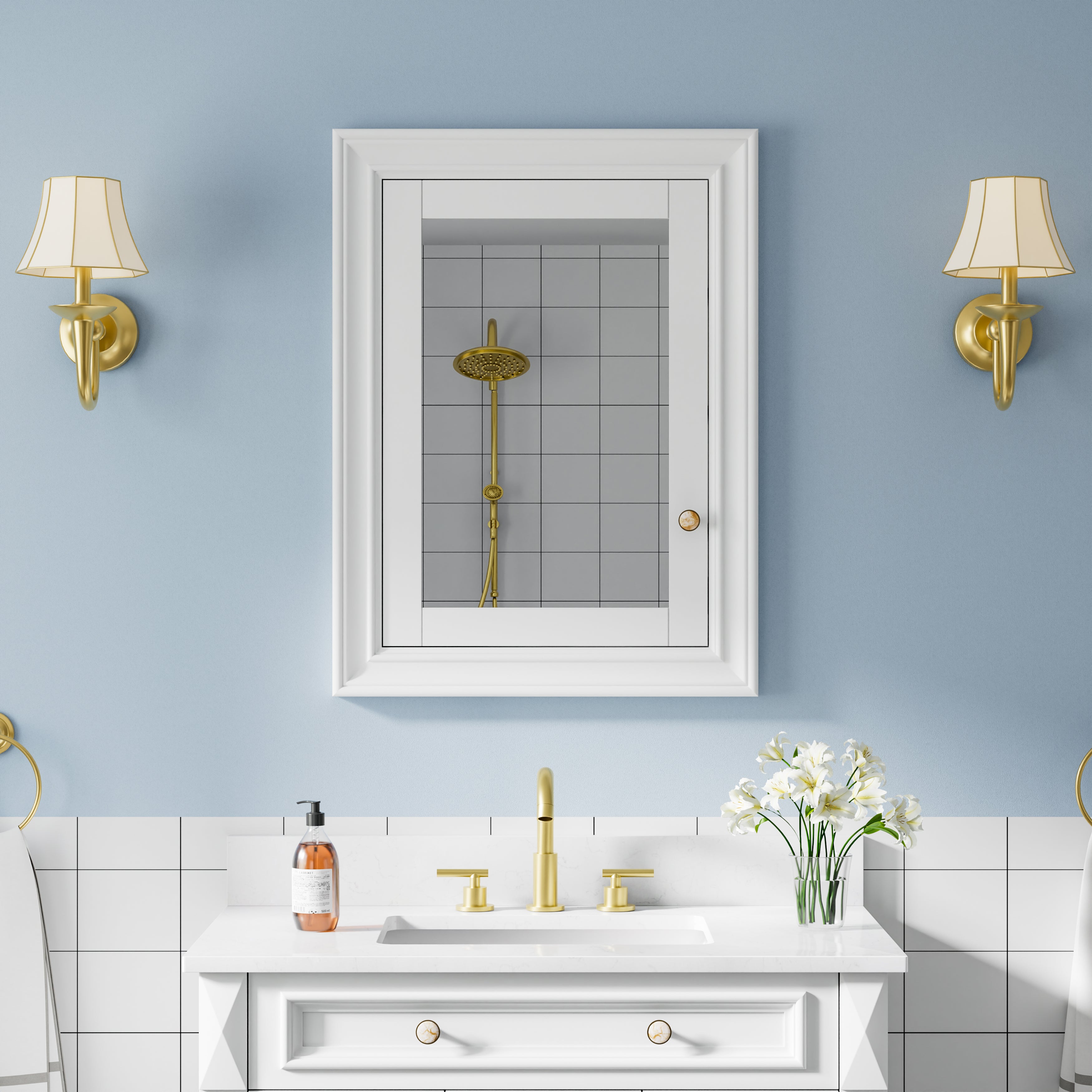
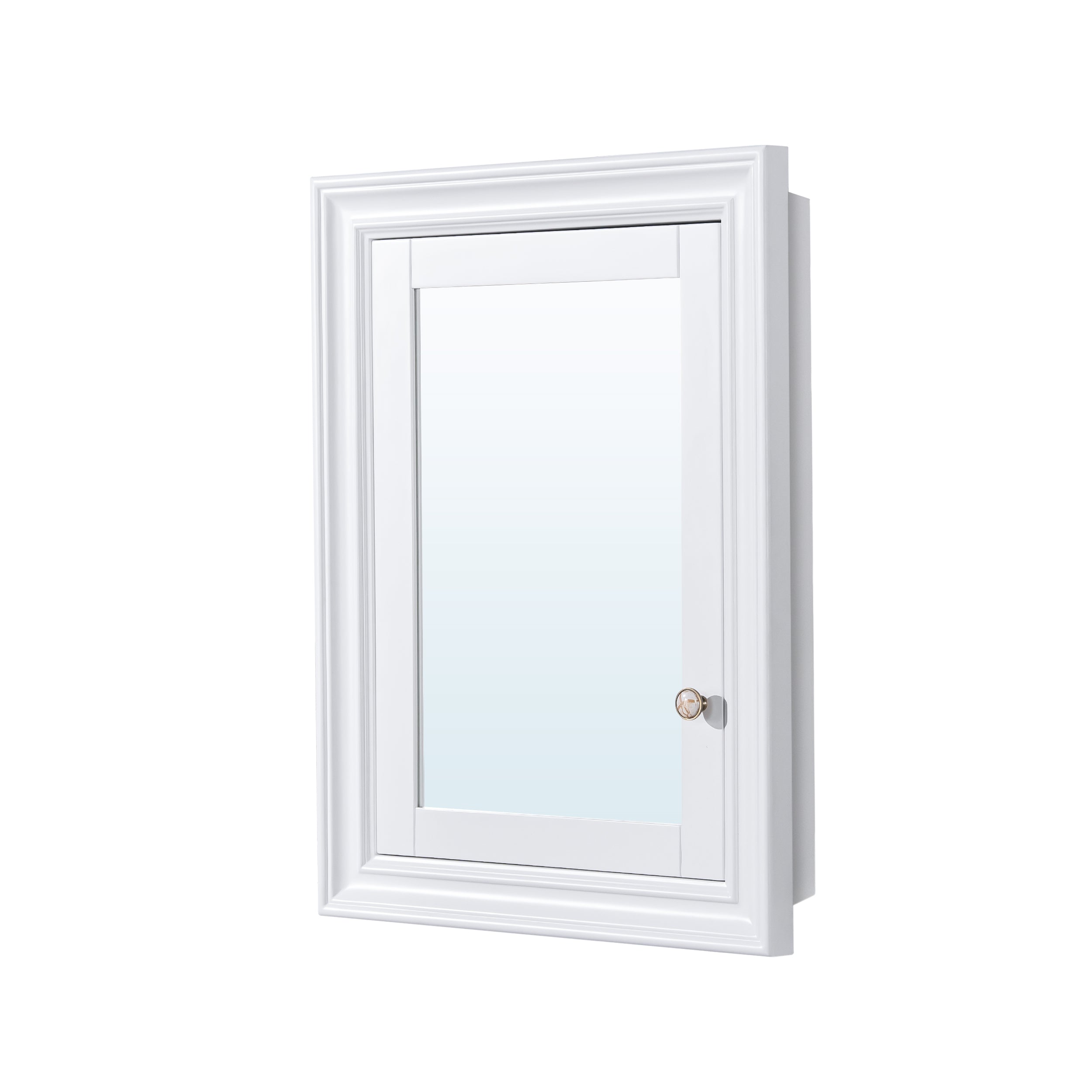
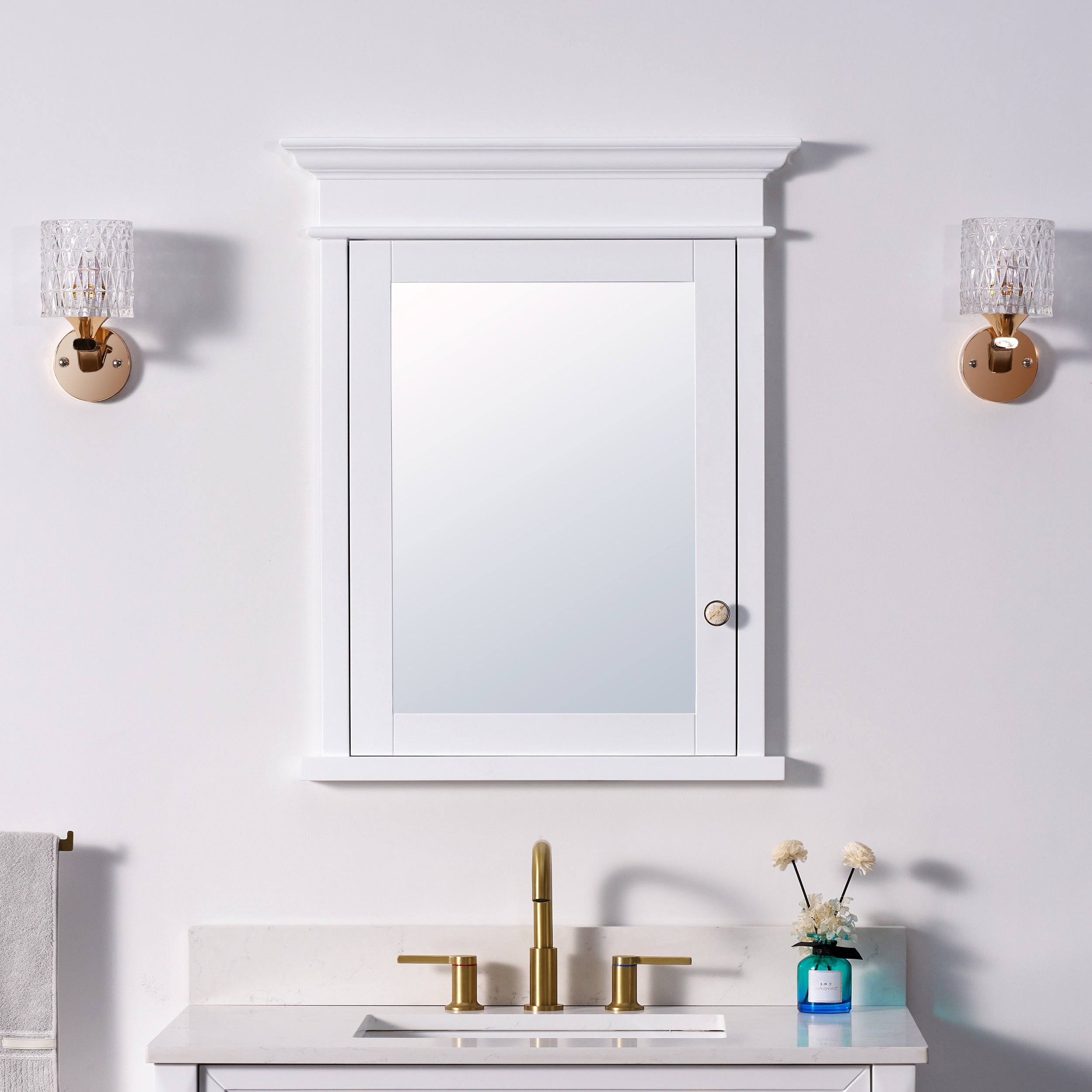
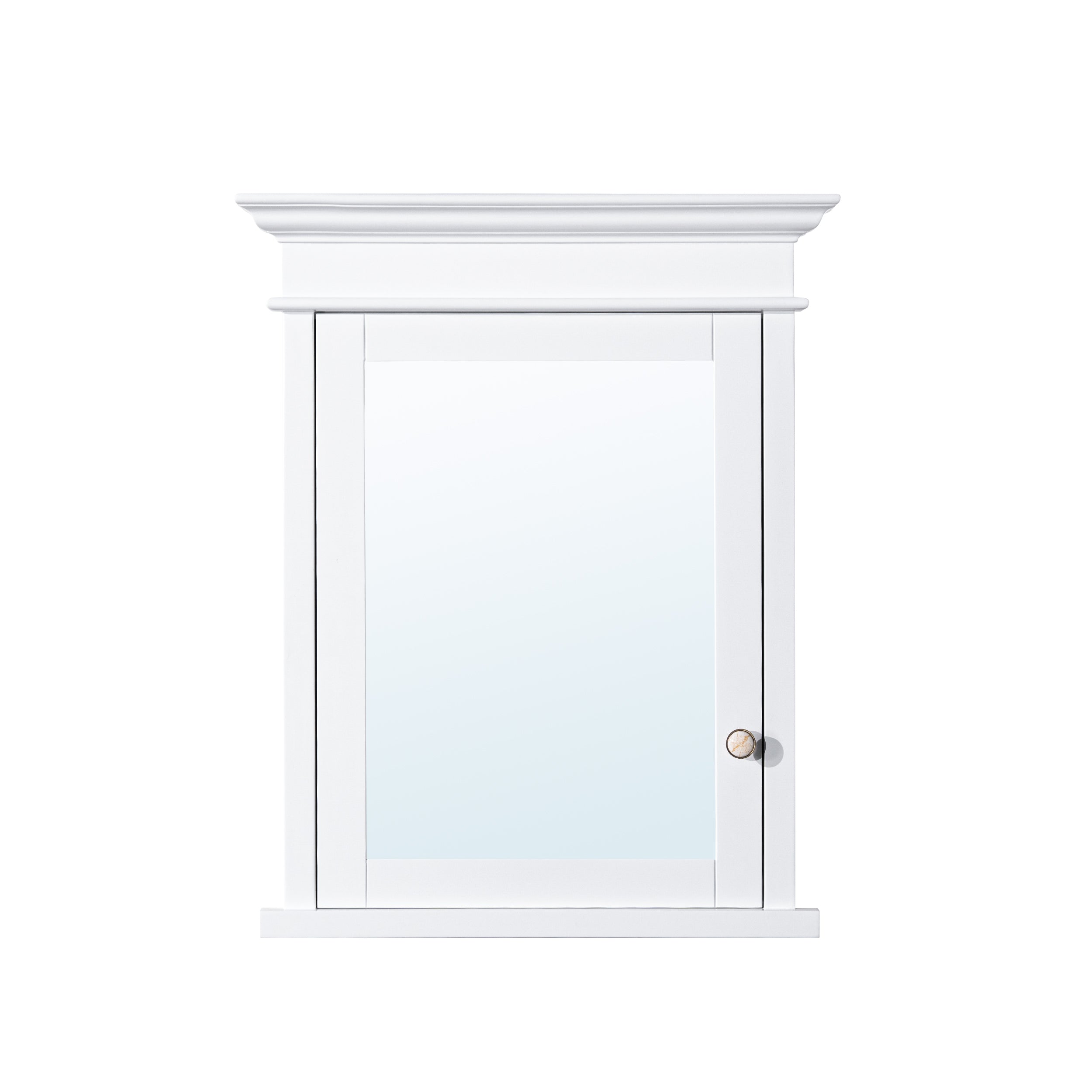
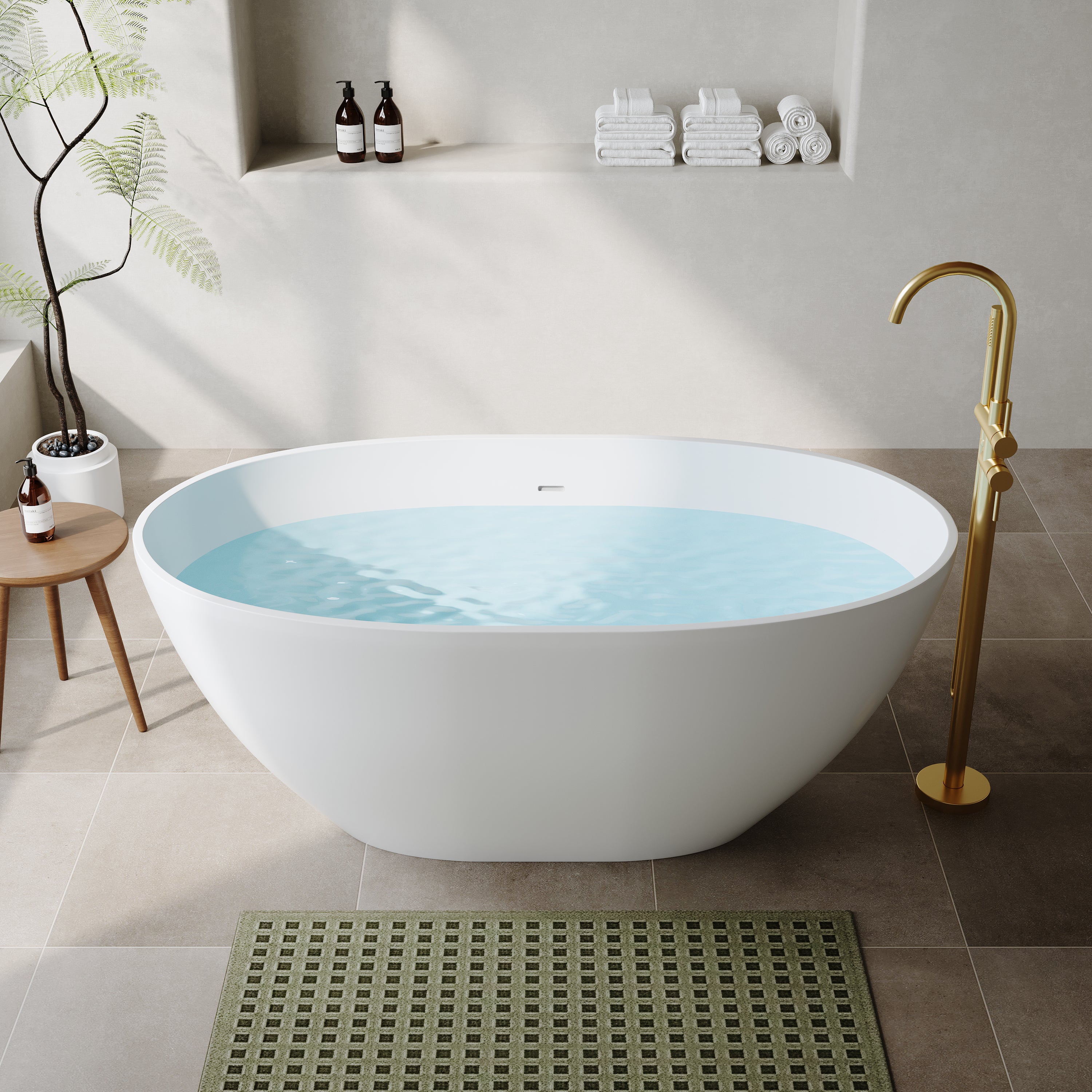
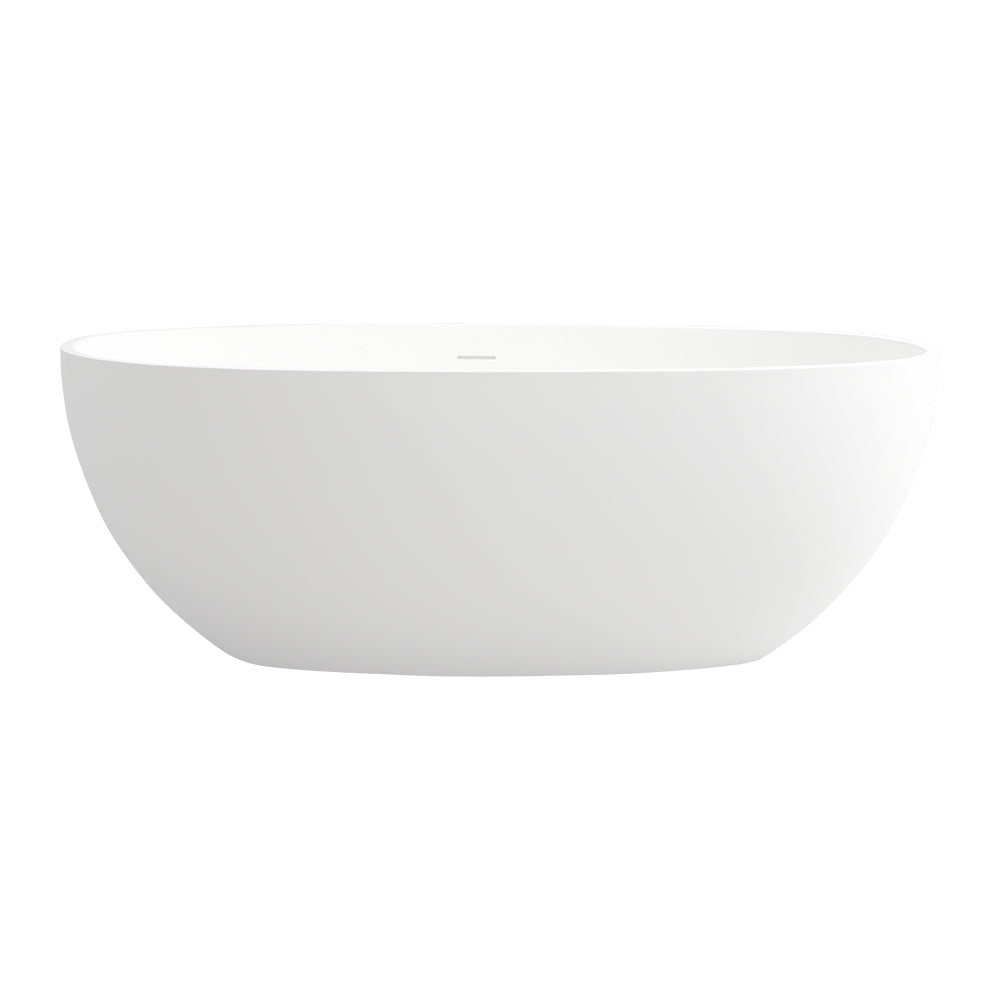


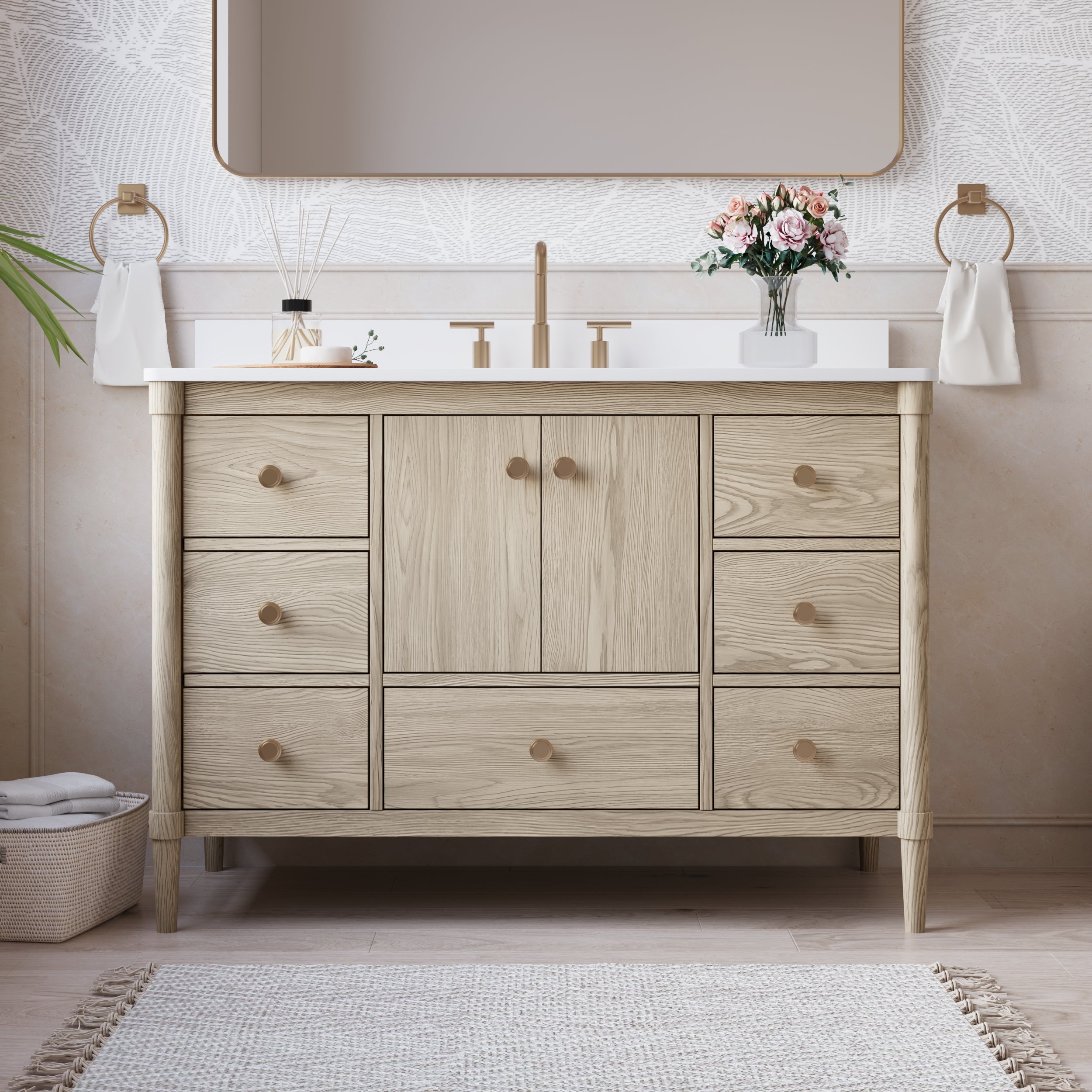
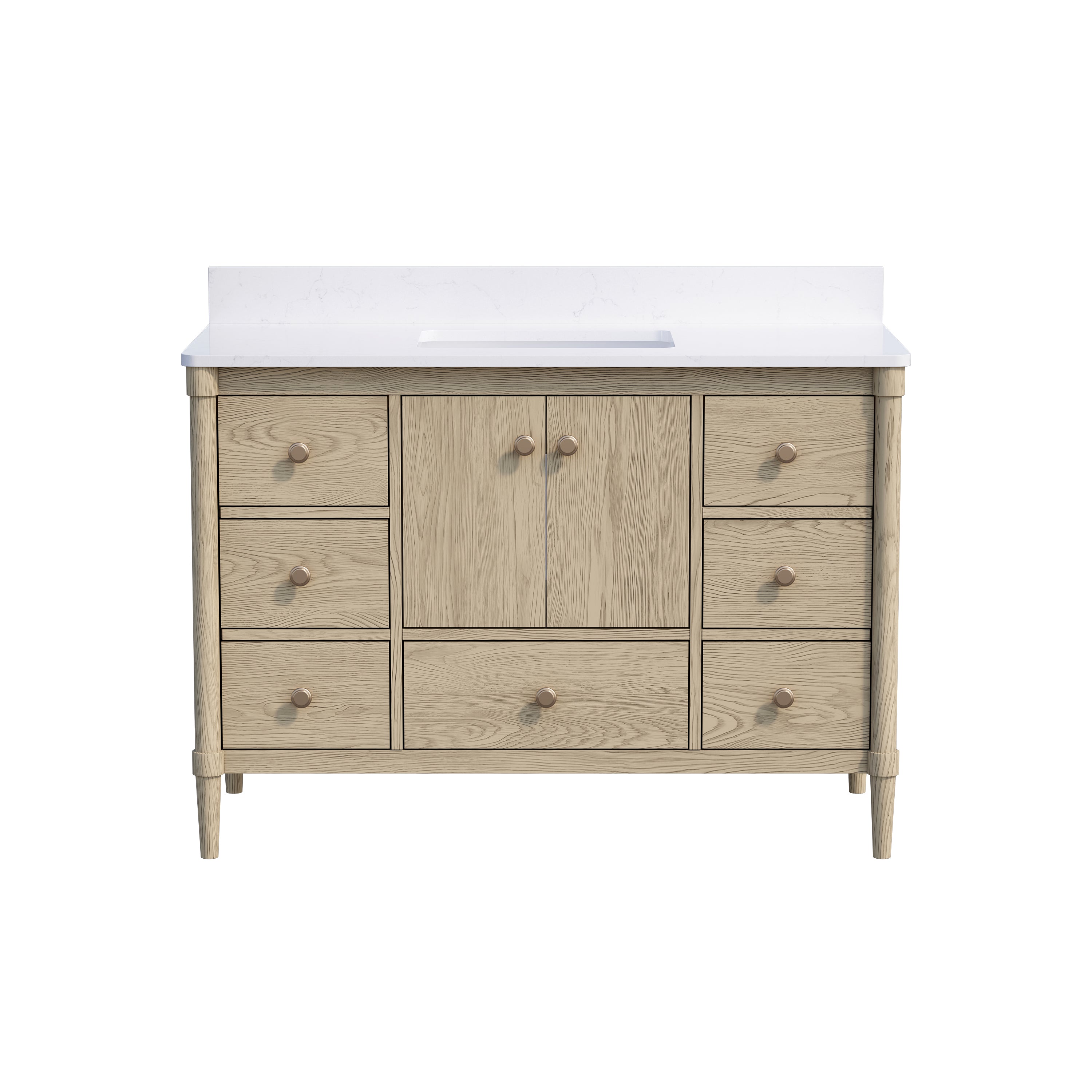
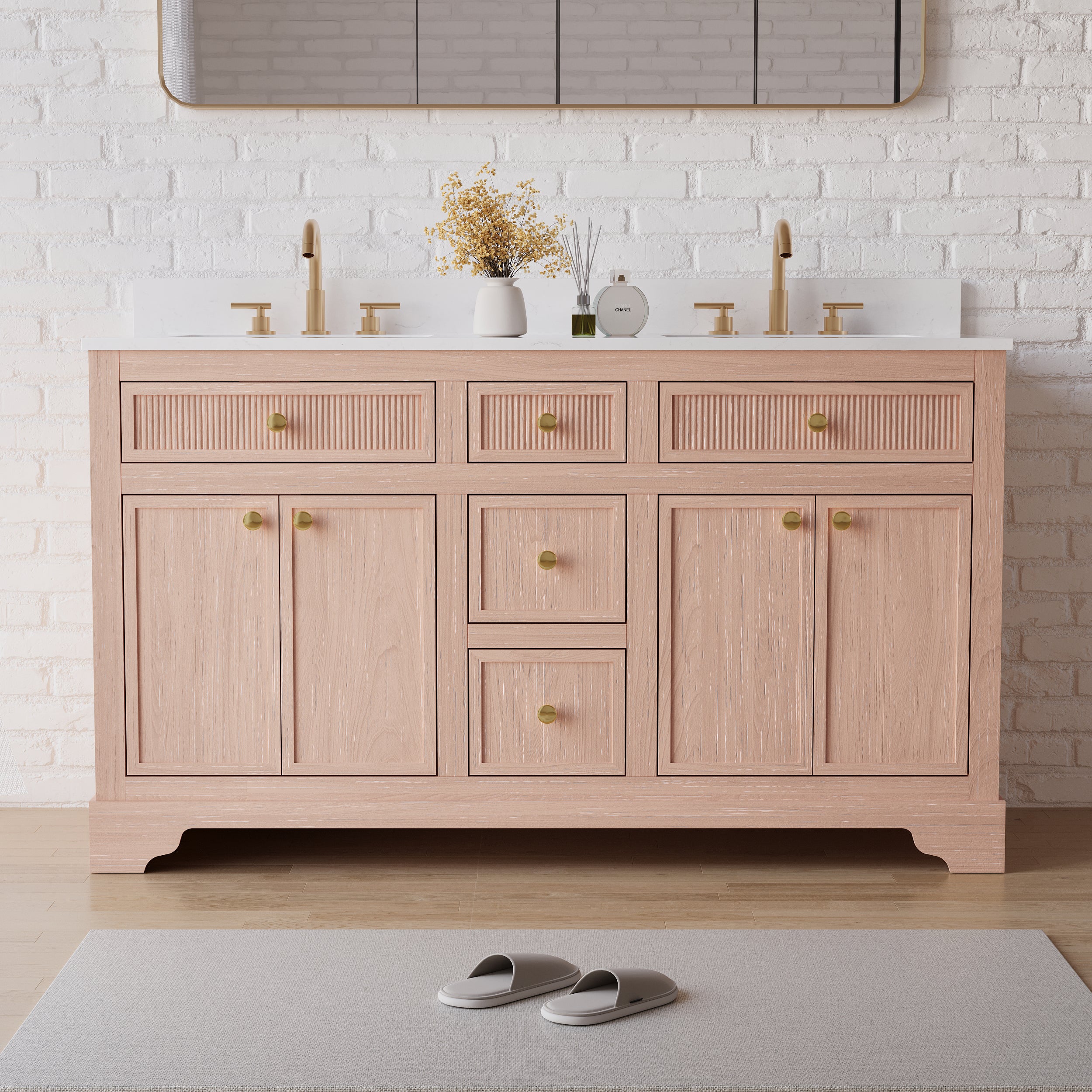
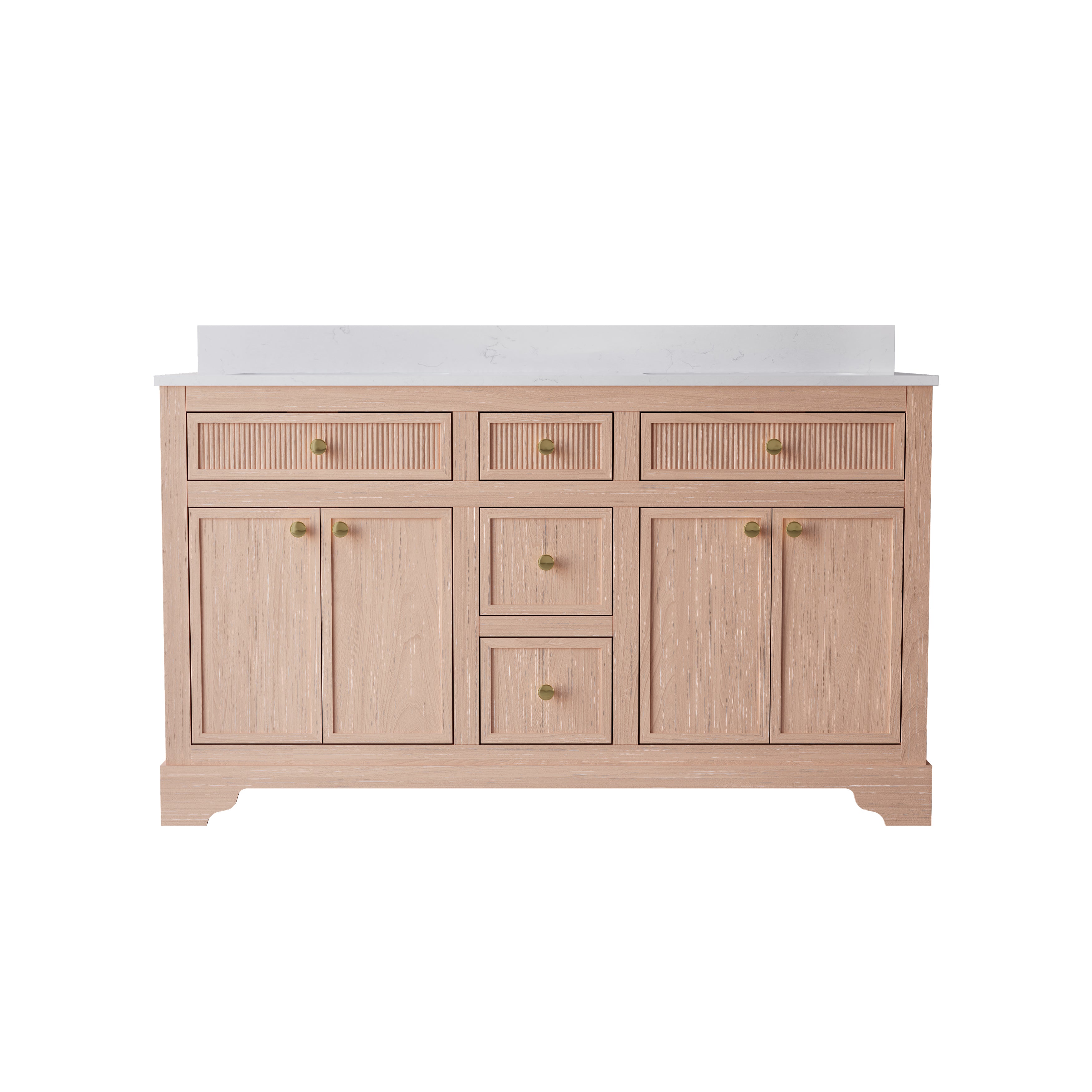
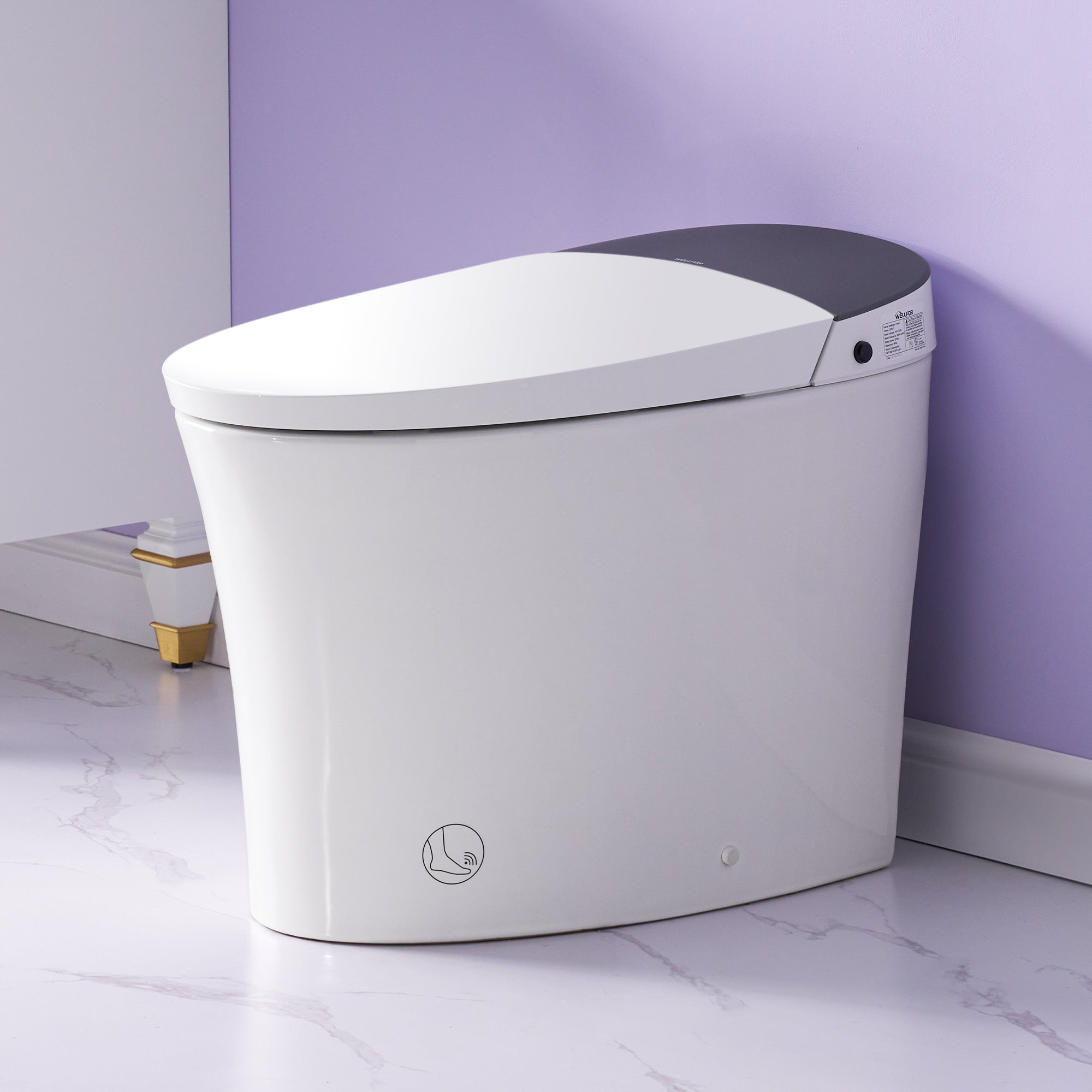
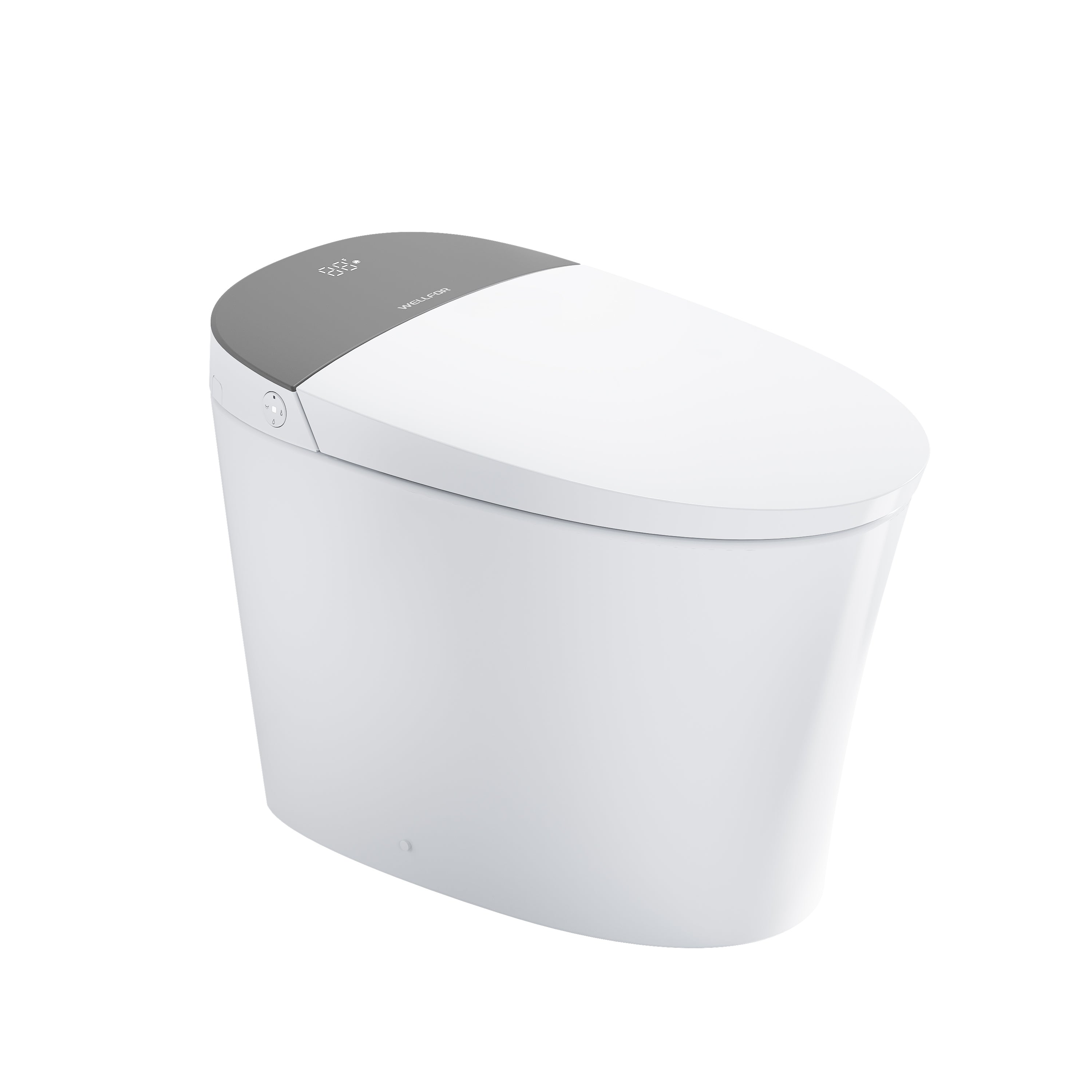
Leave a comment
This site is protected by hCaptcha and the hCaptcha Privacy Policy and Terms of Service apply.